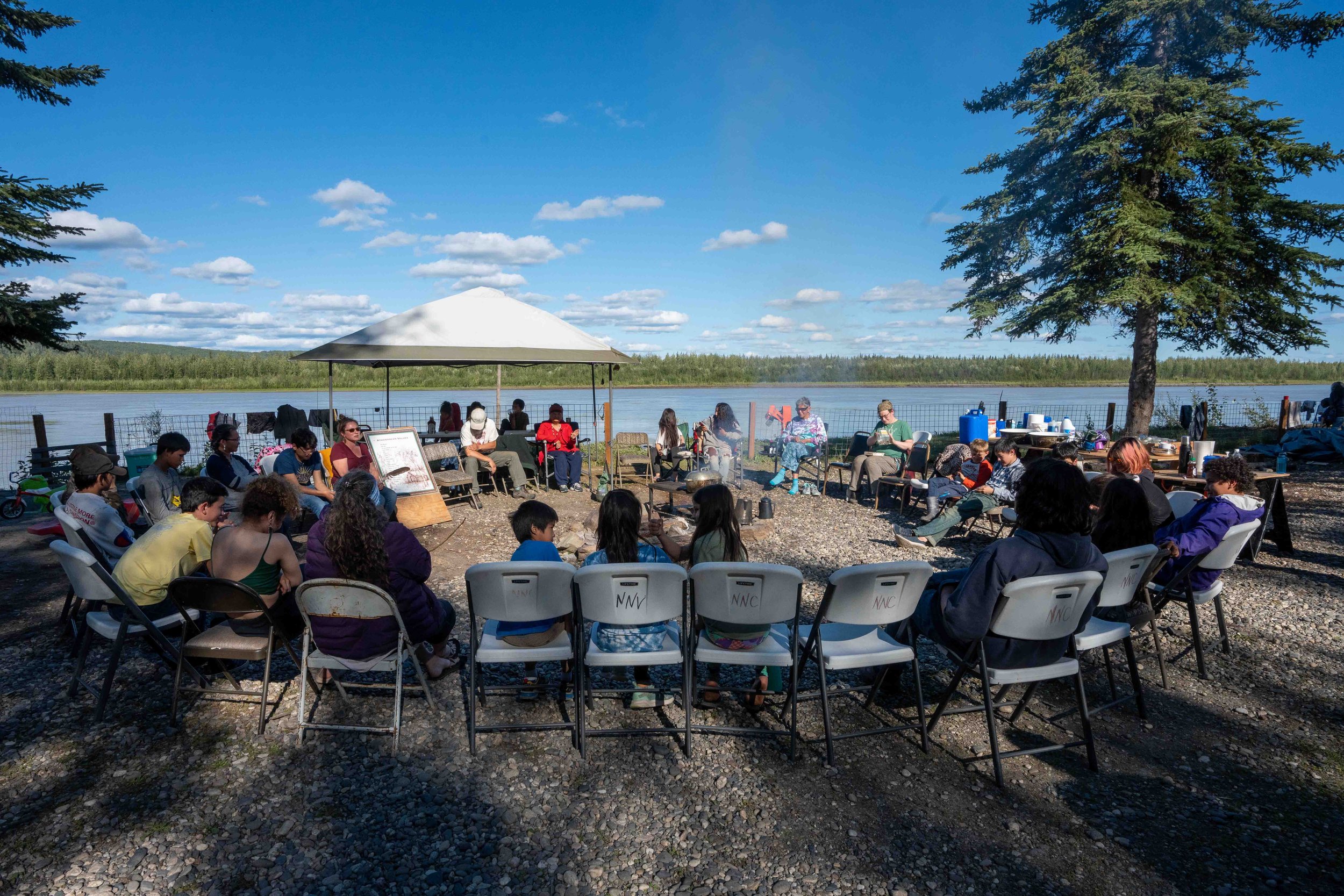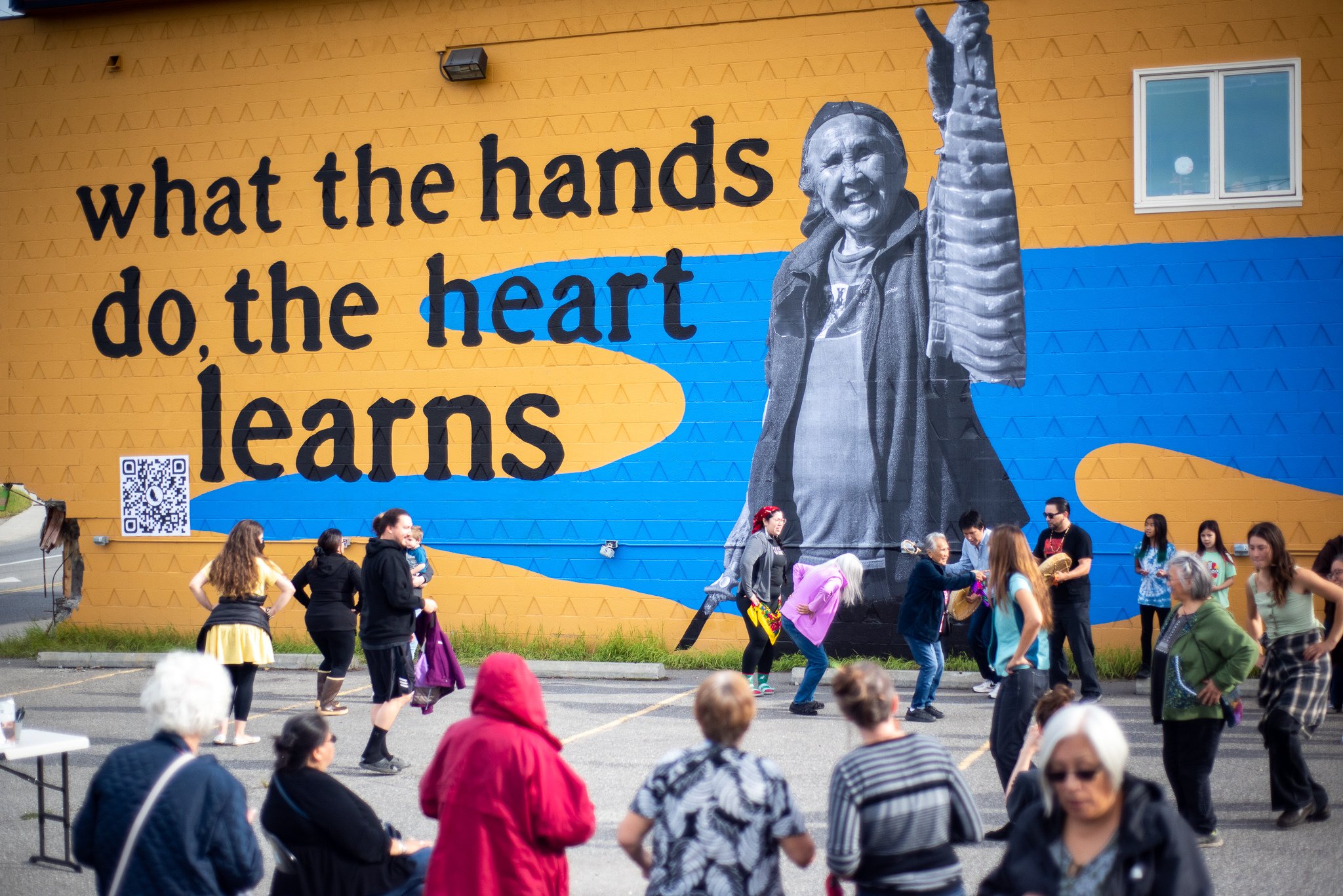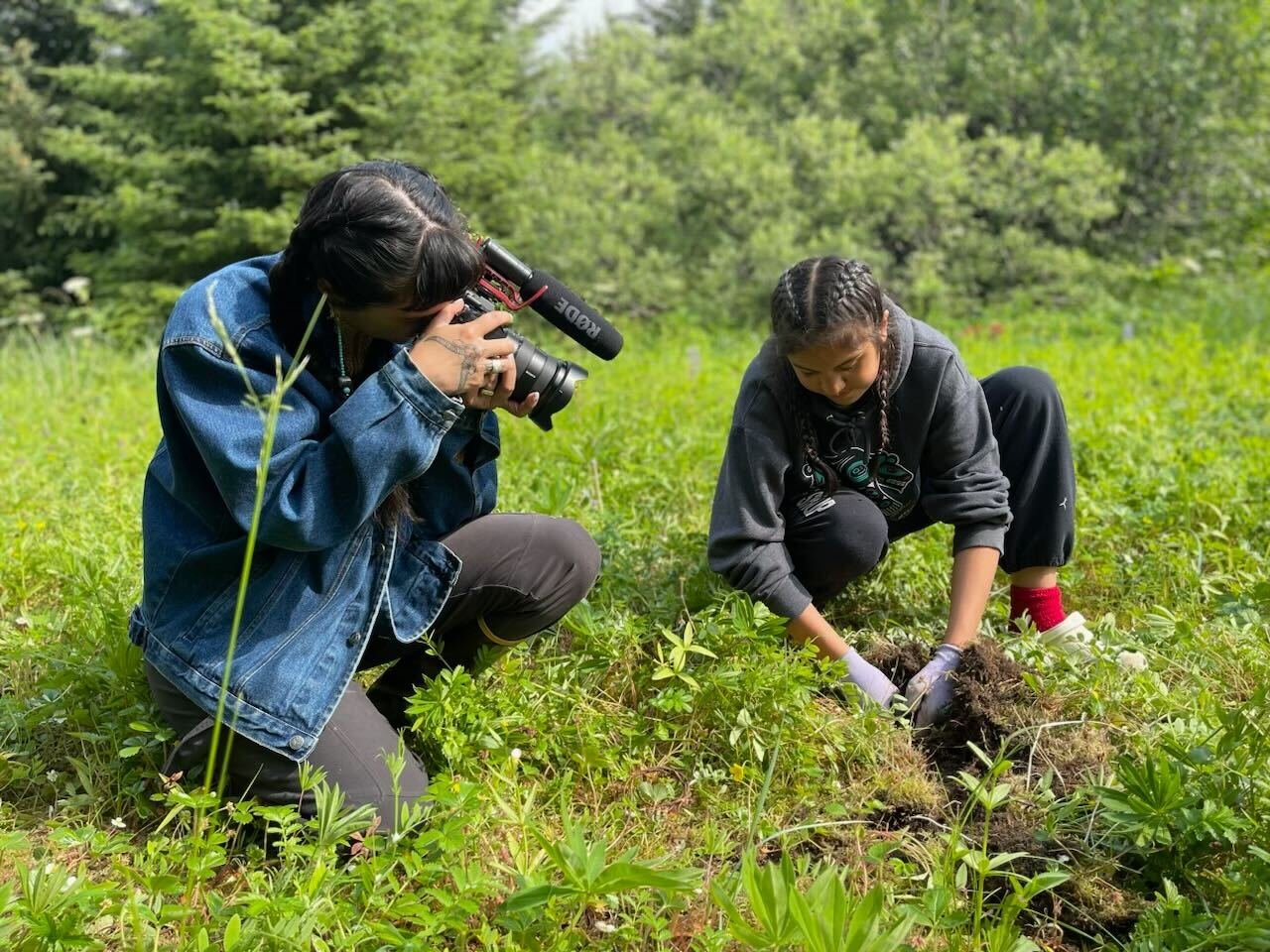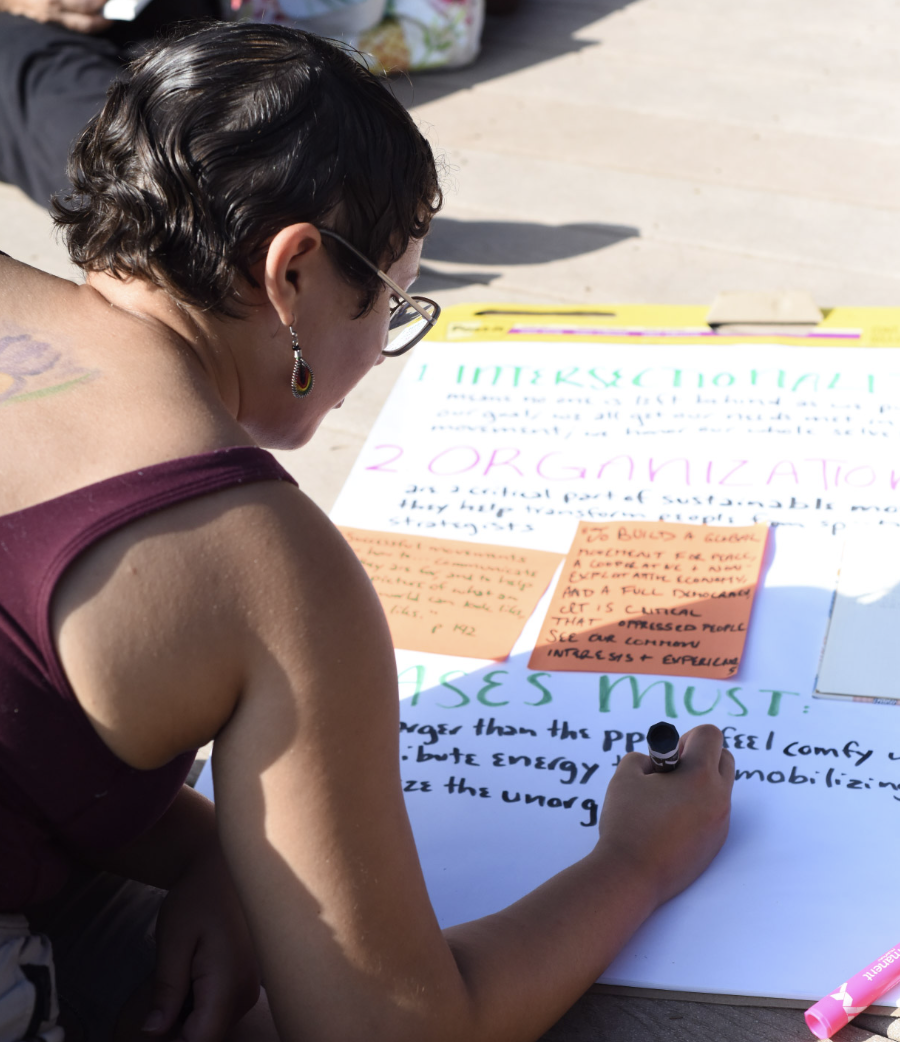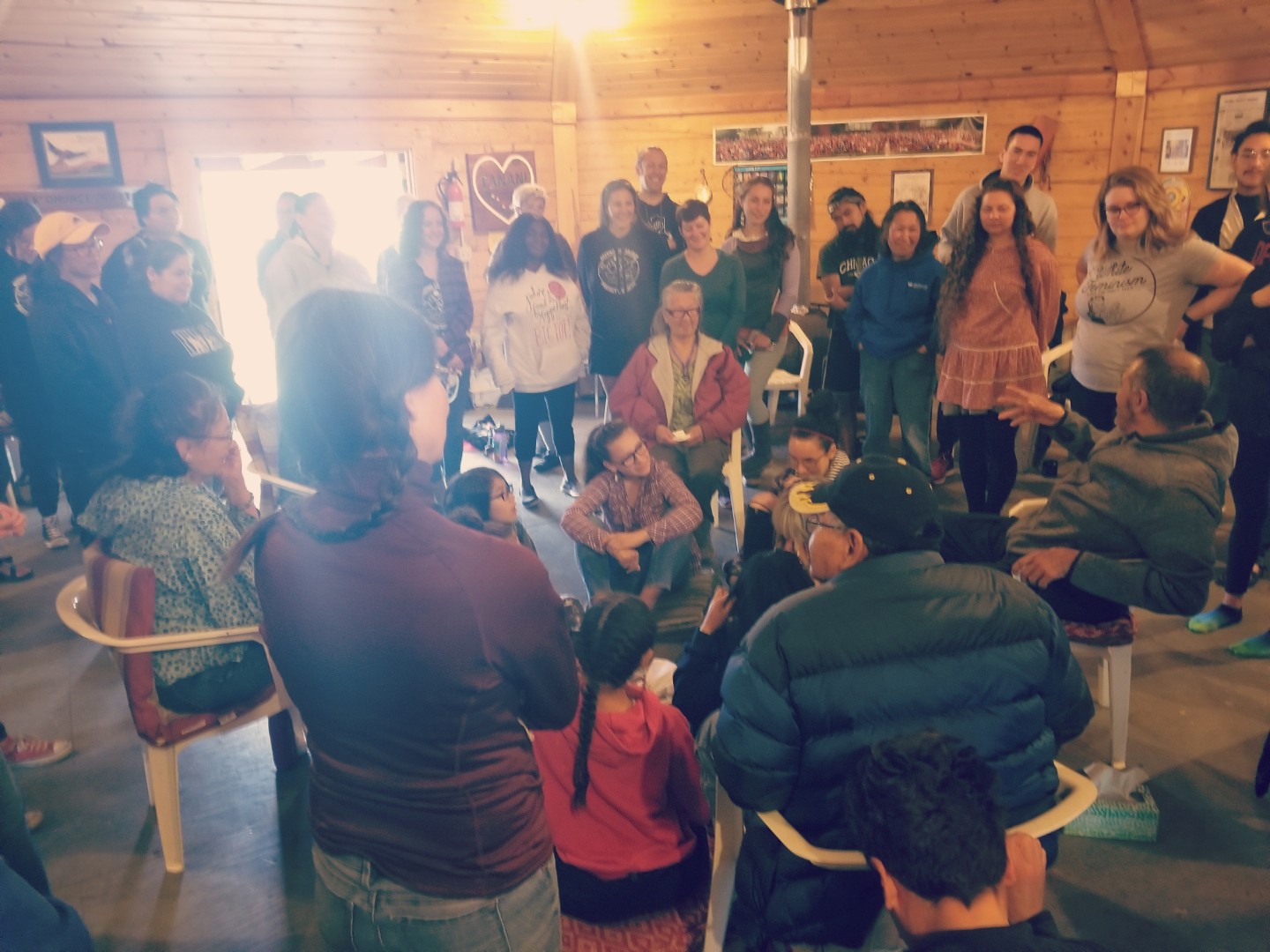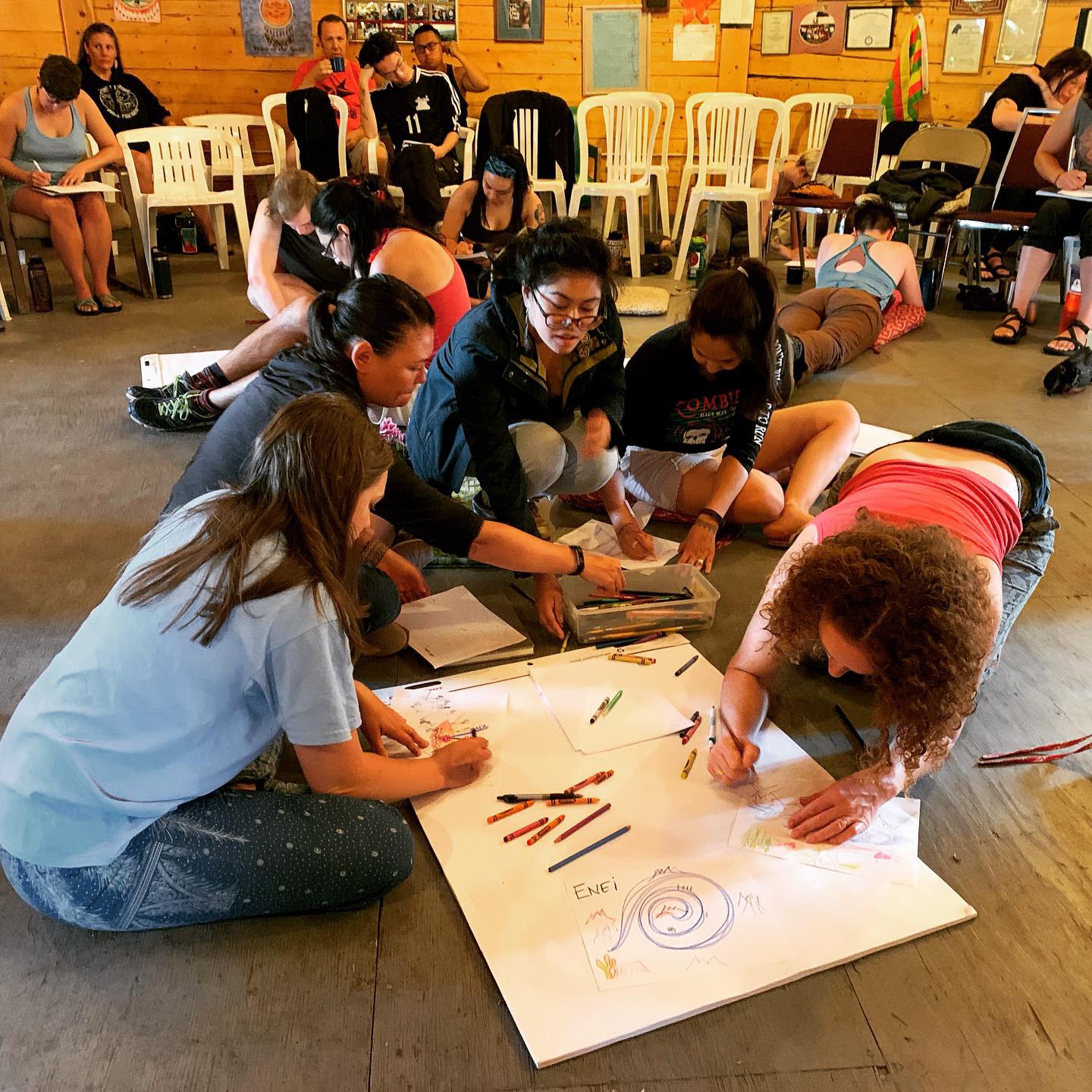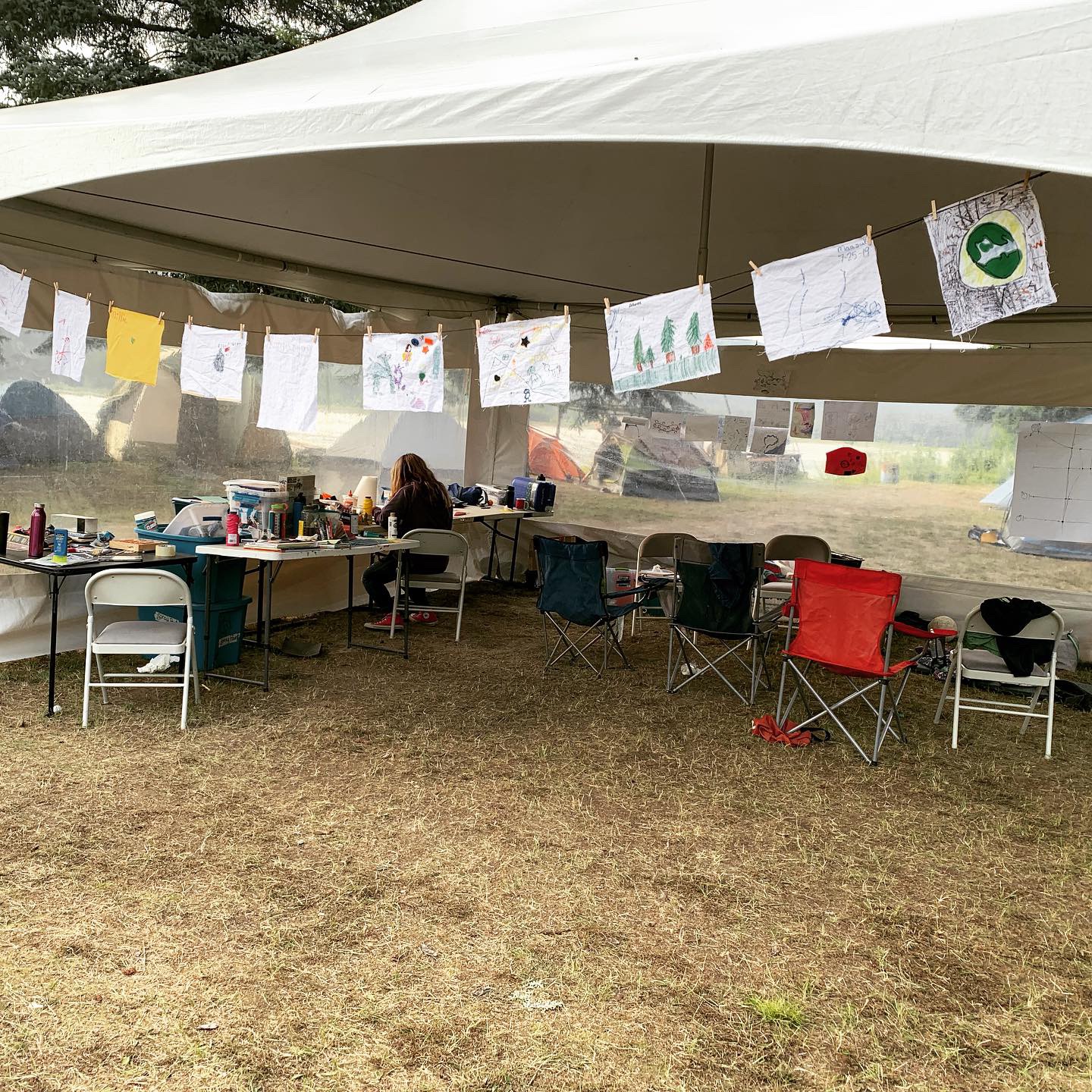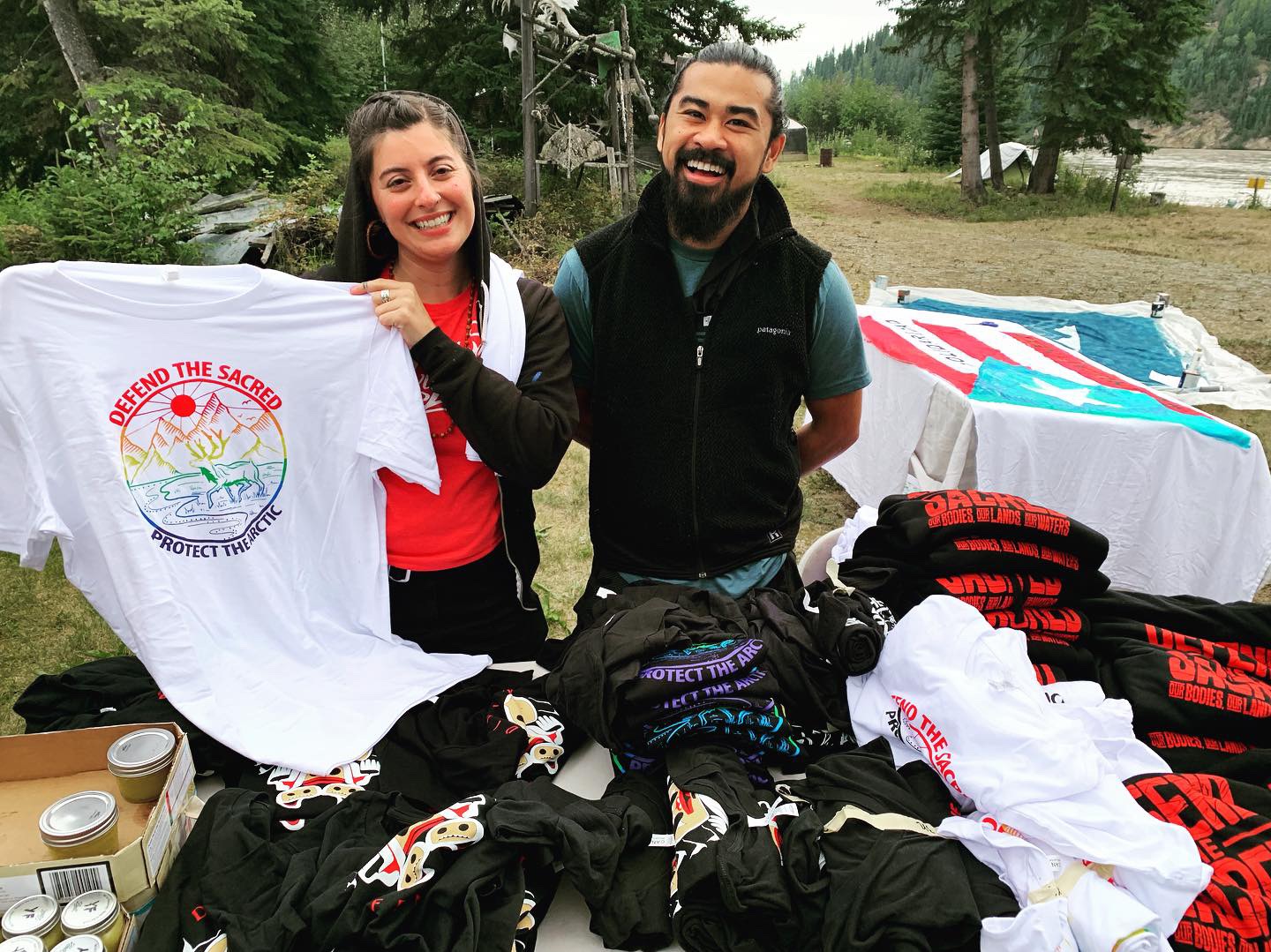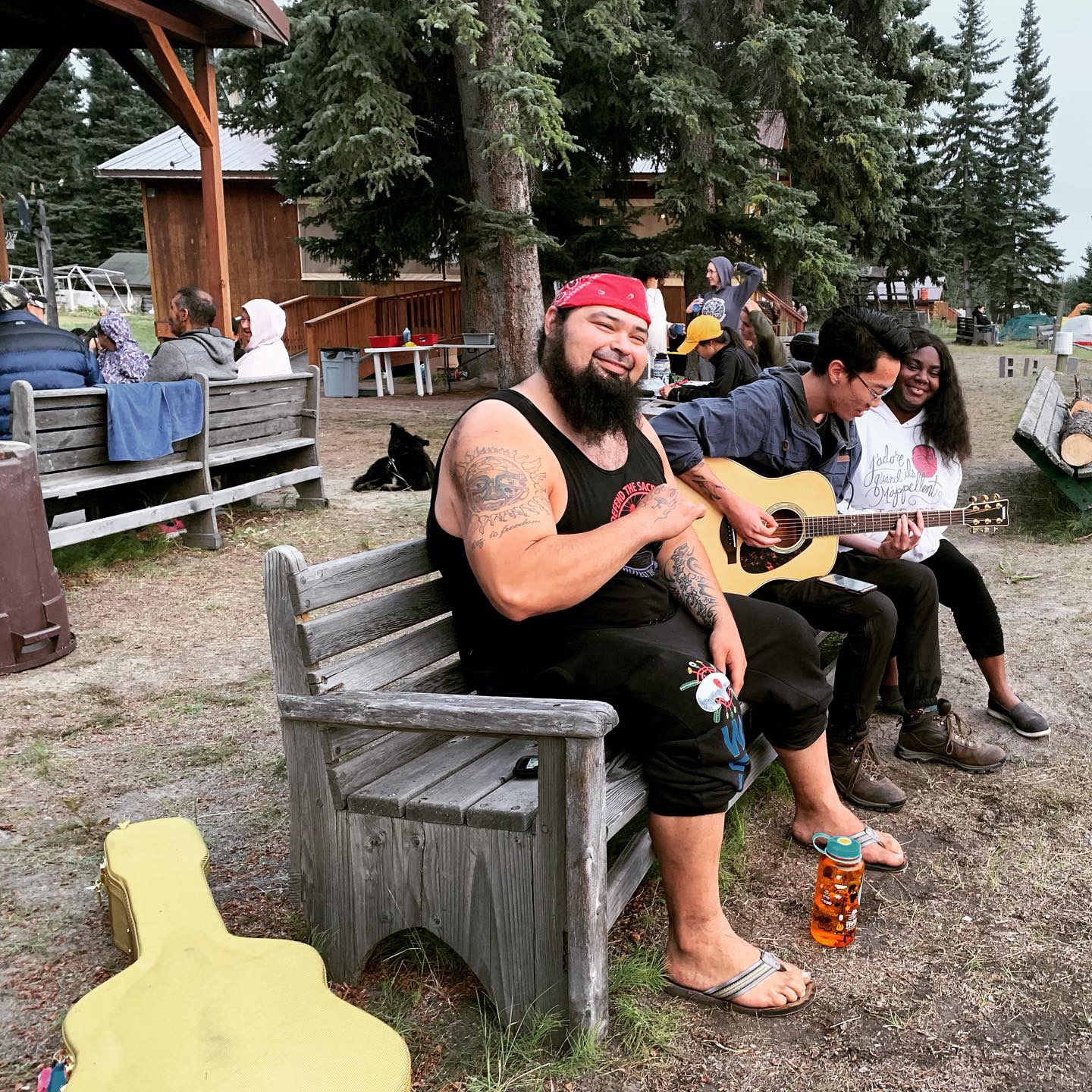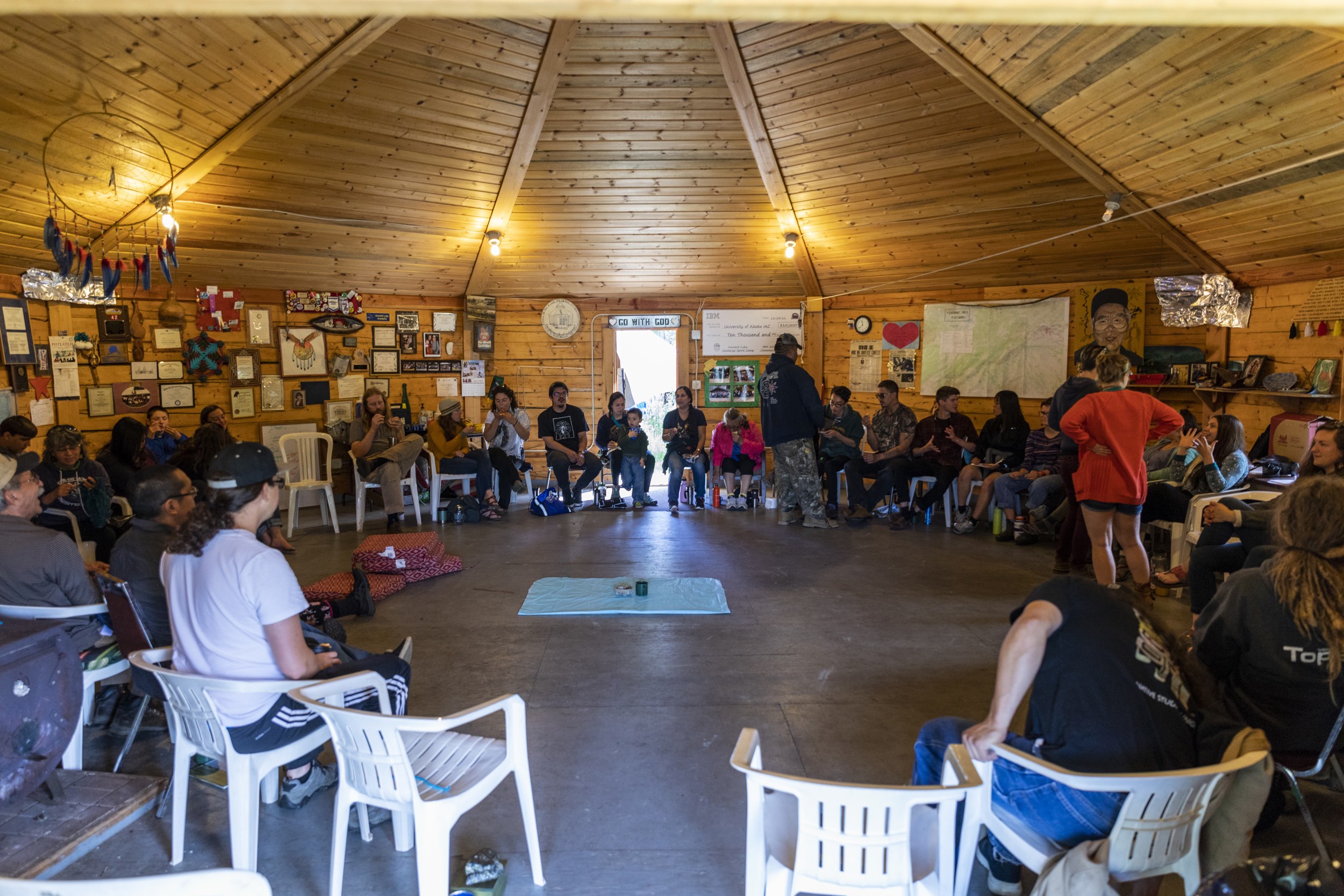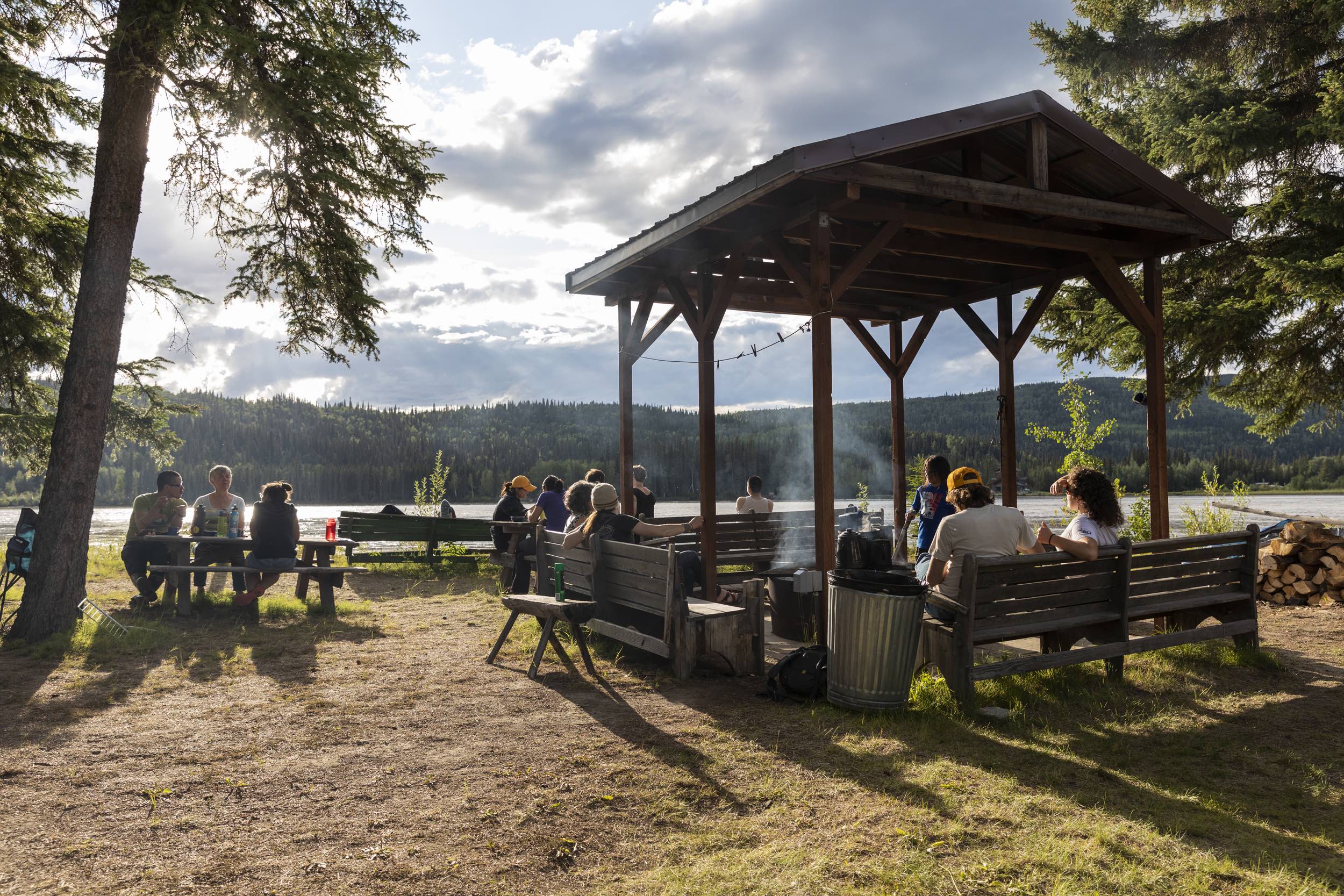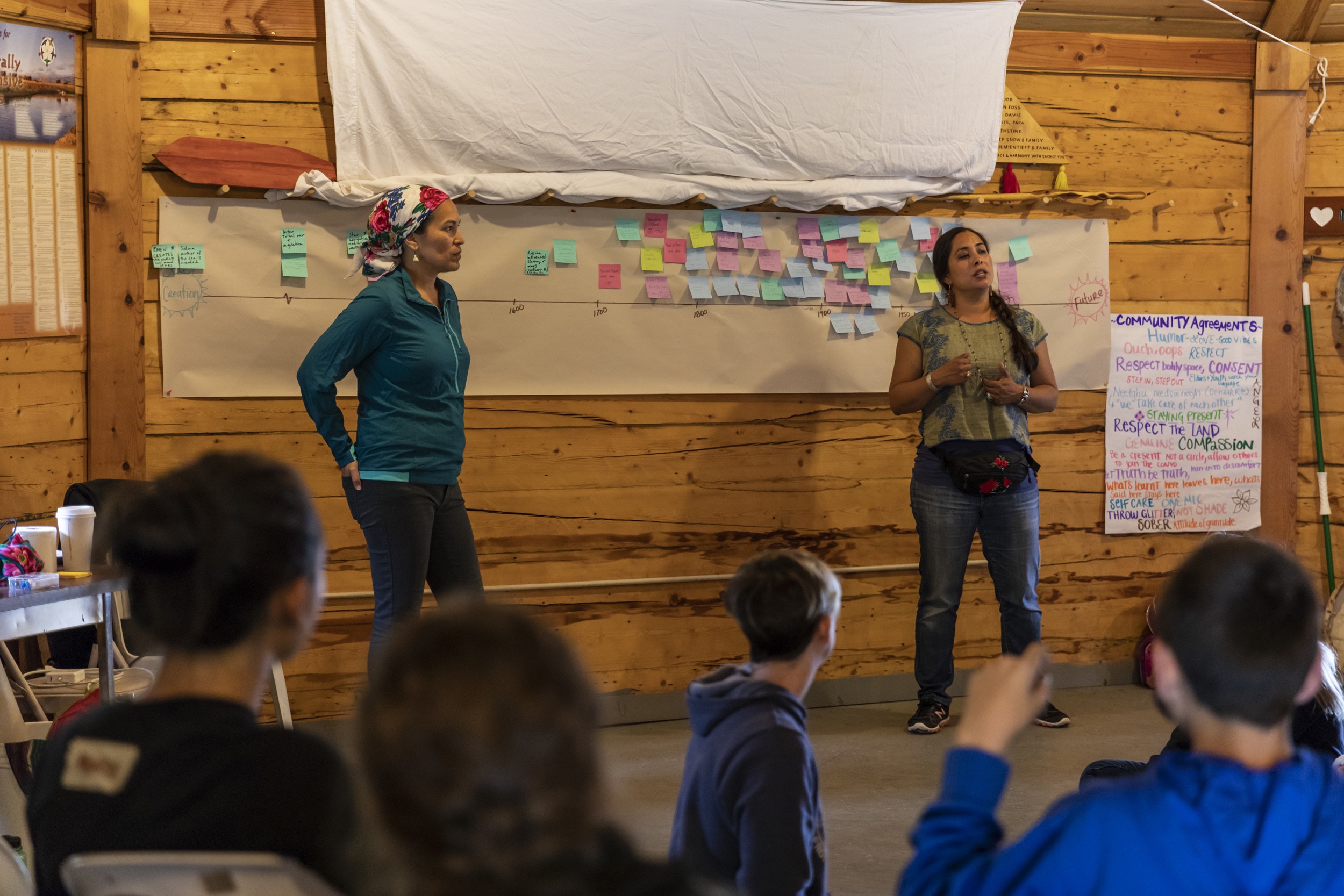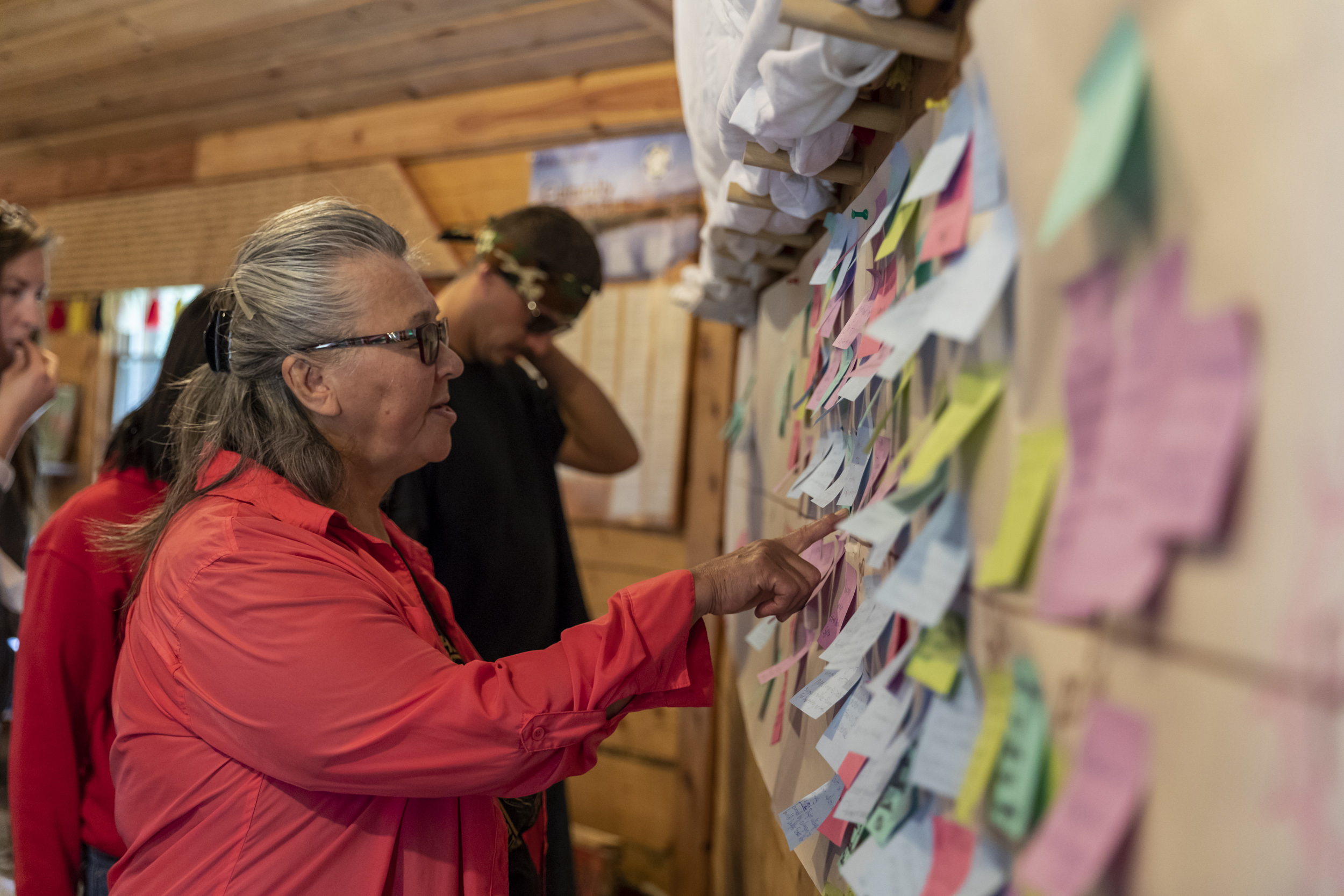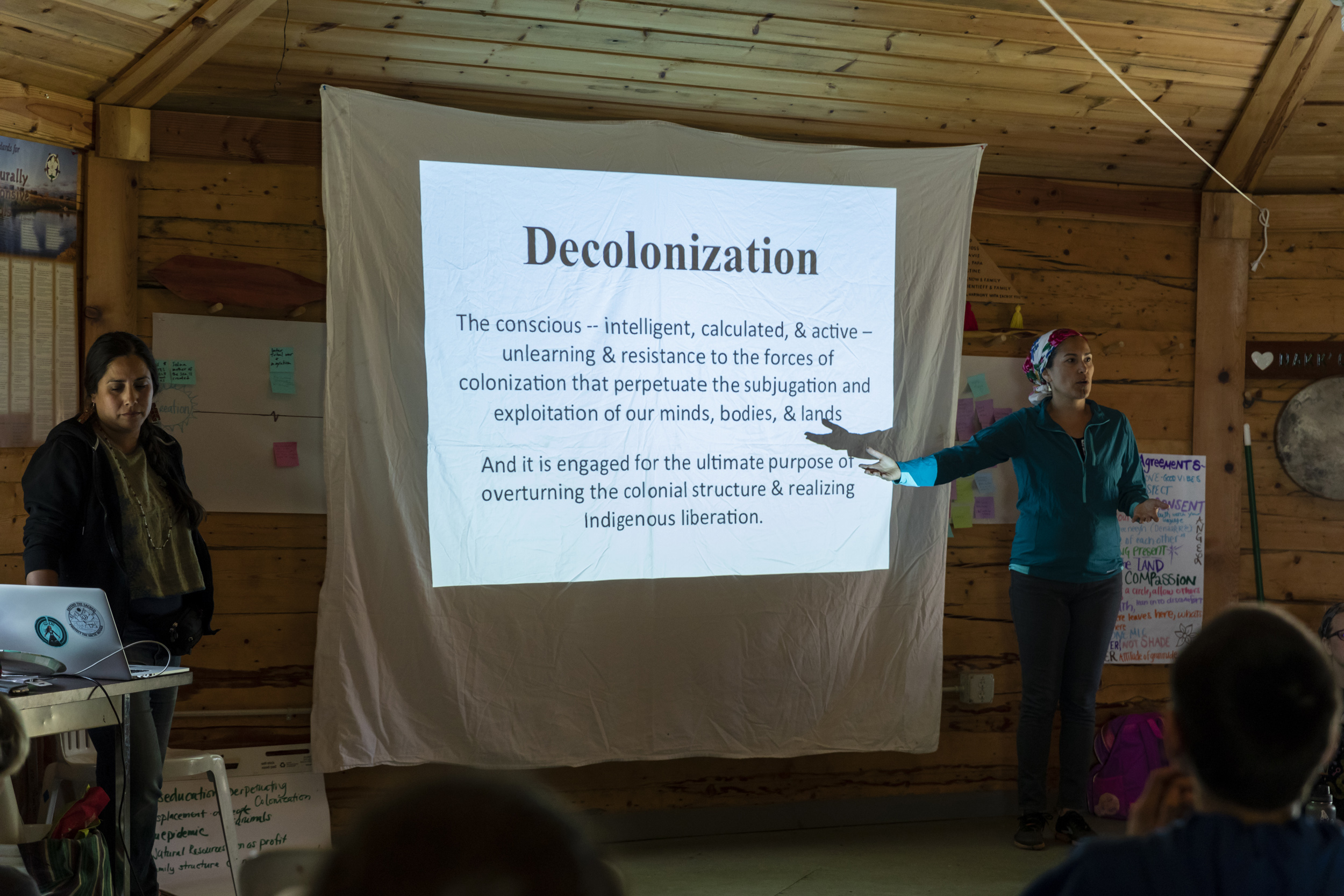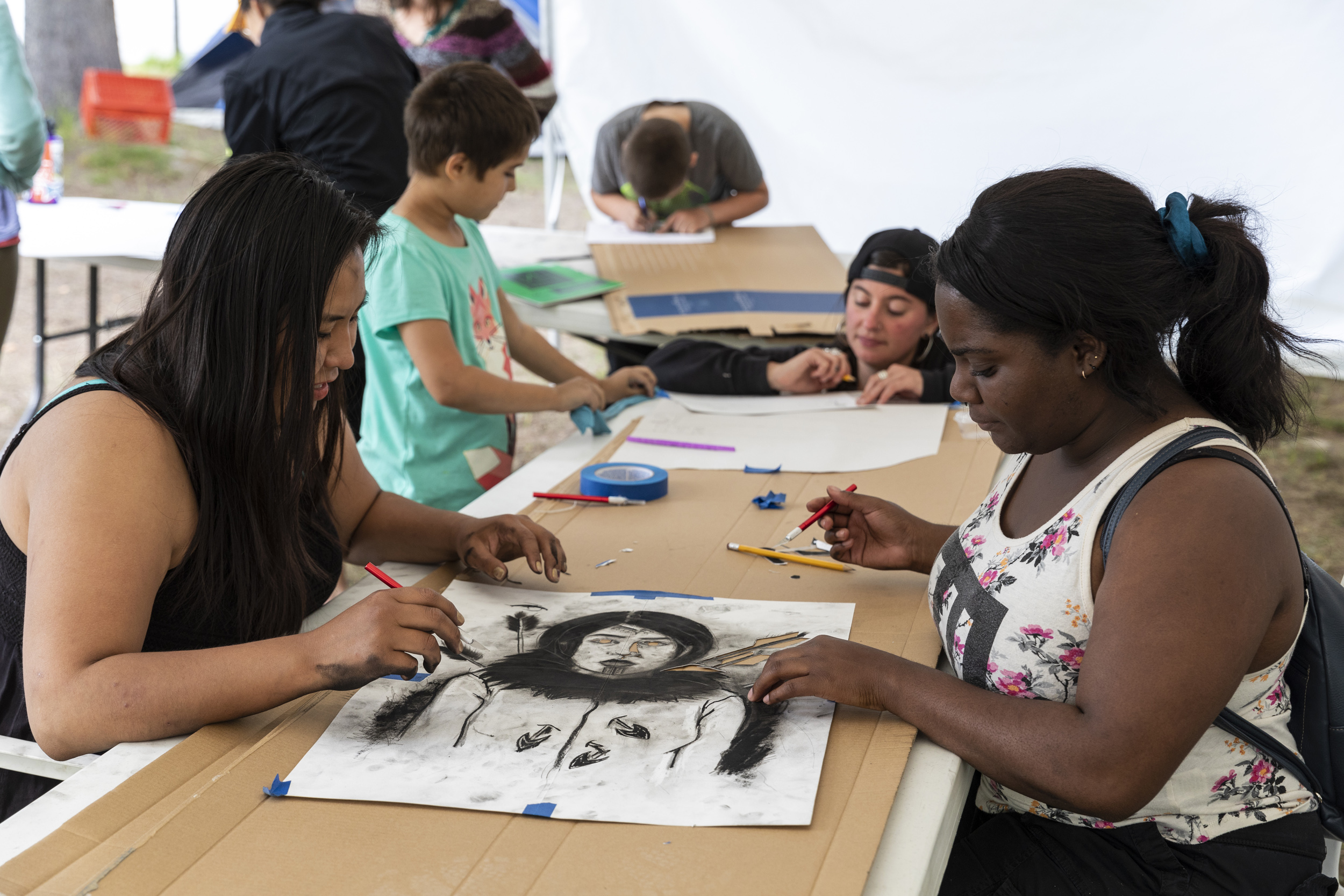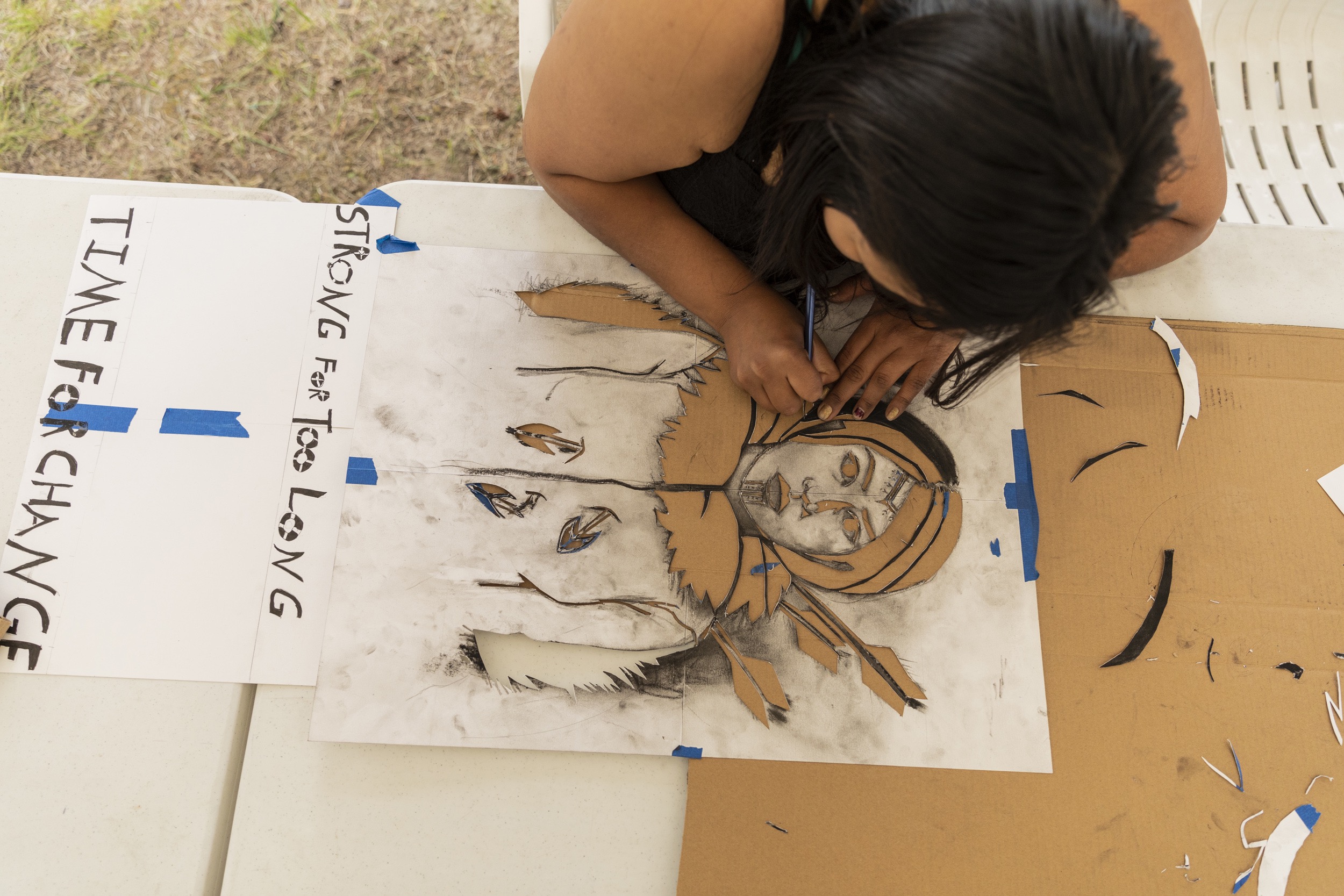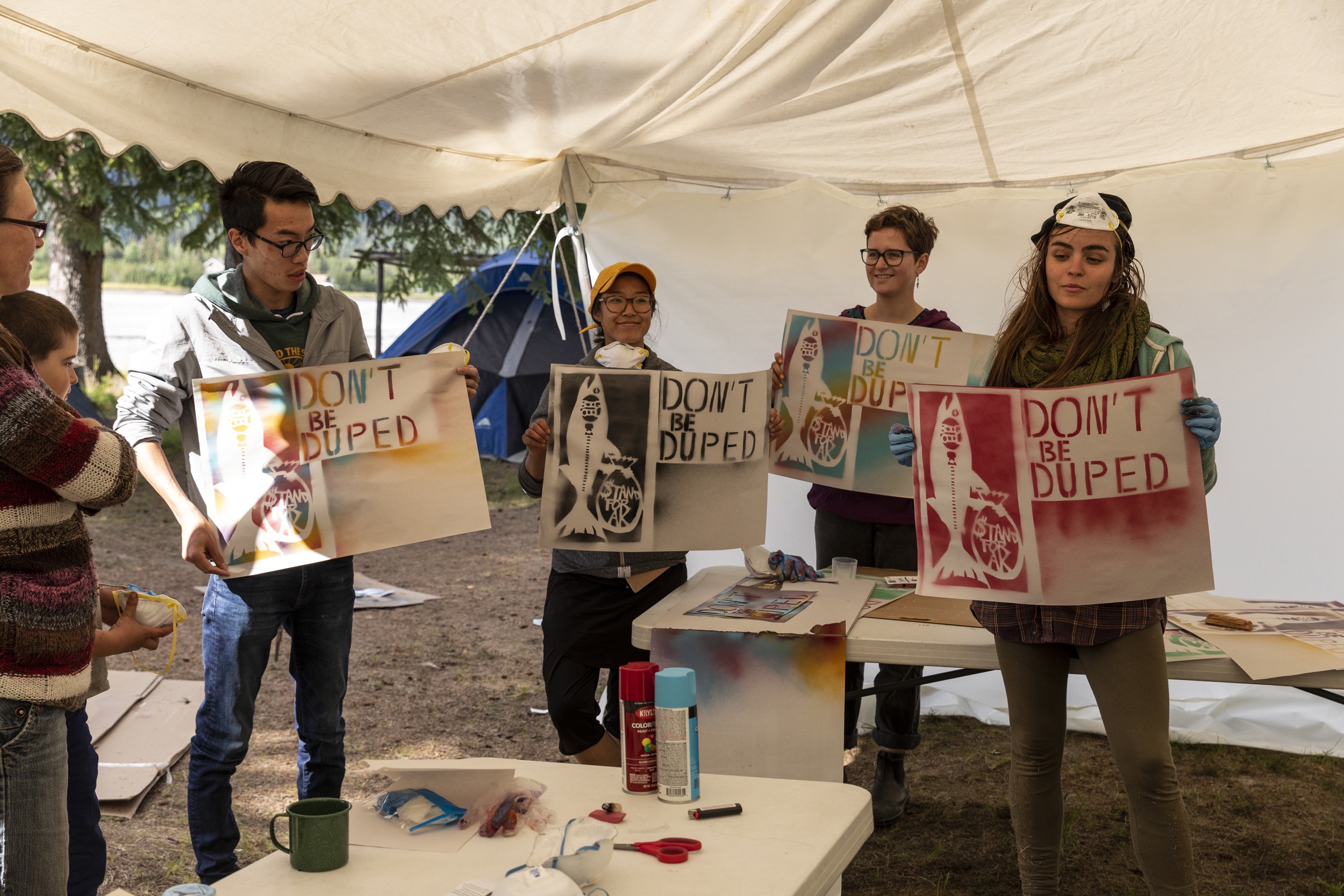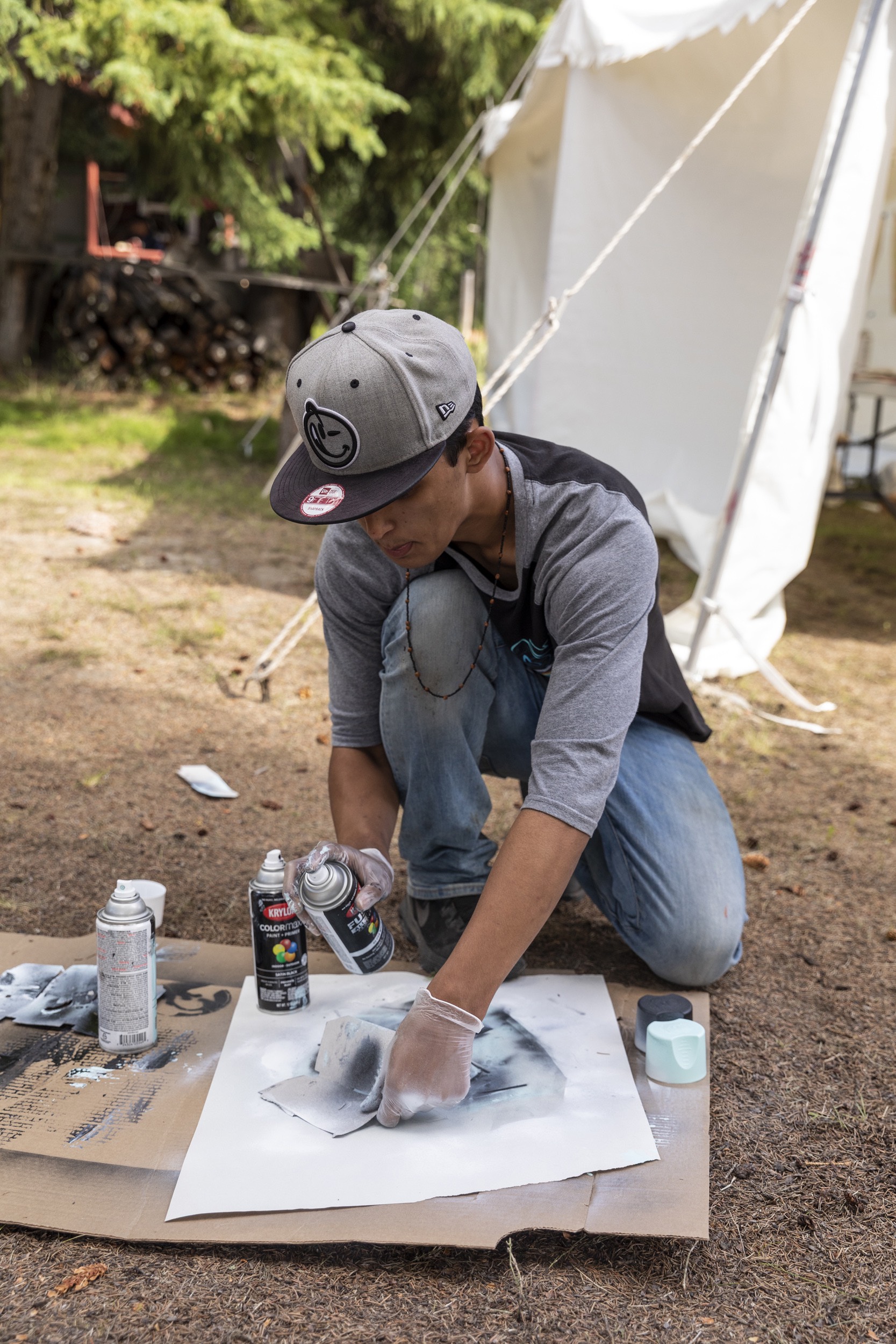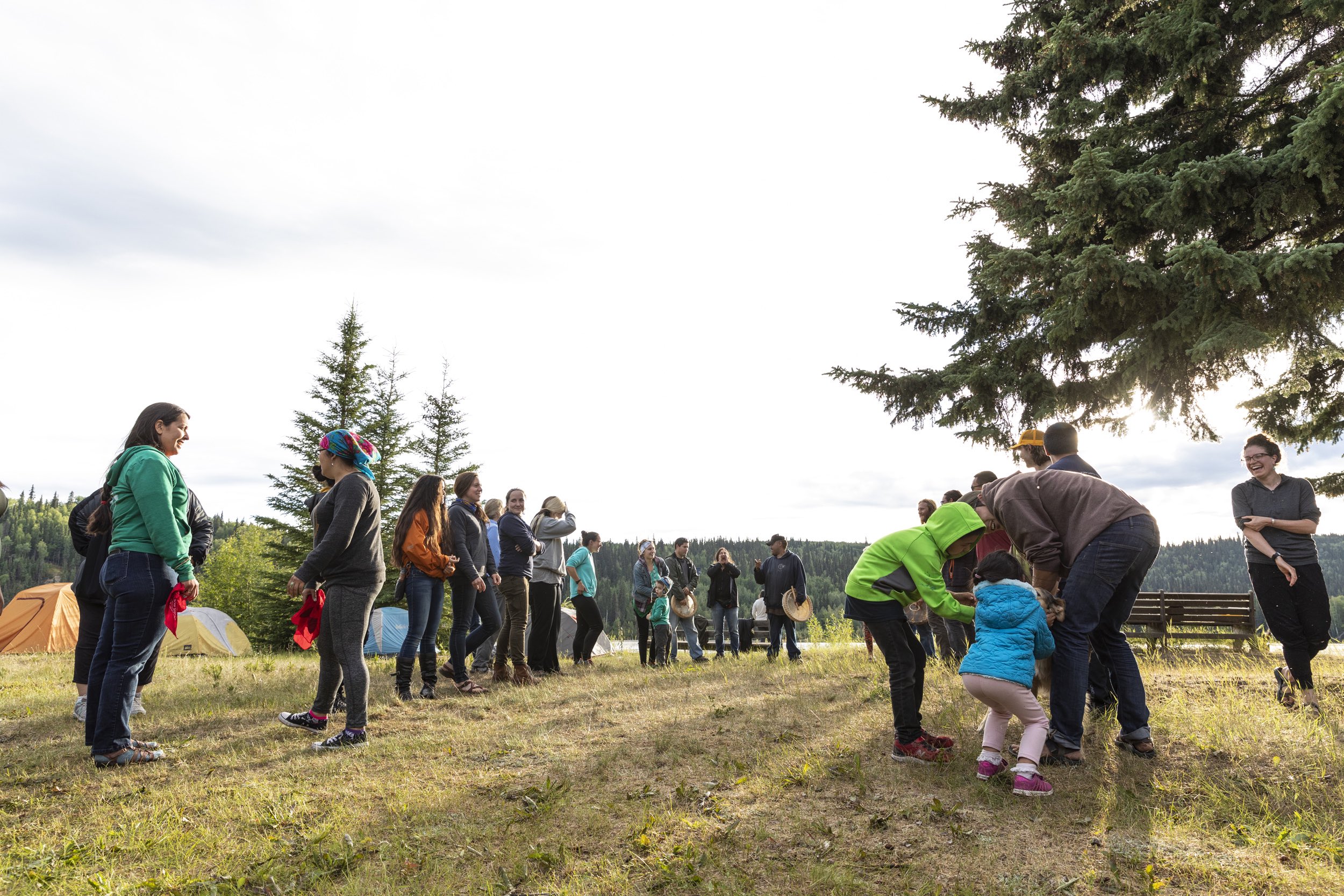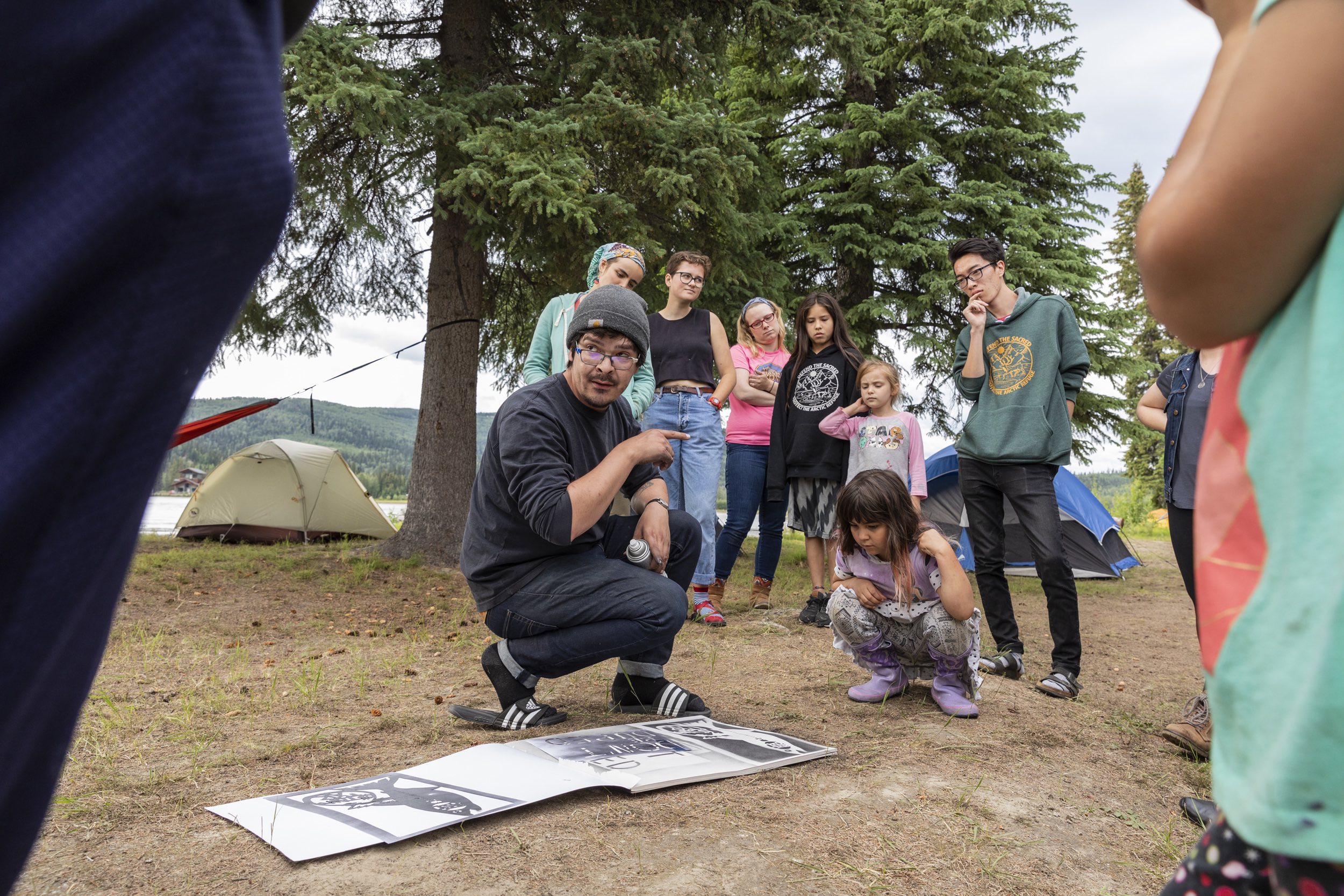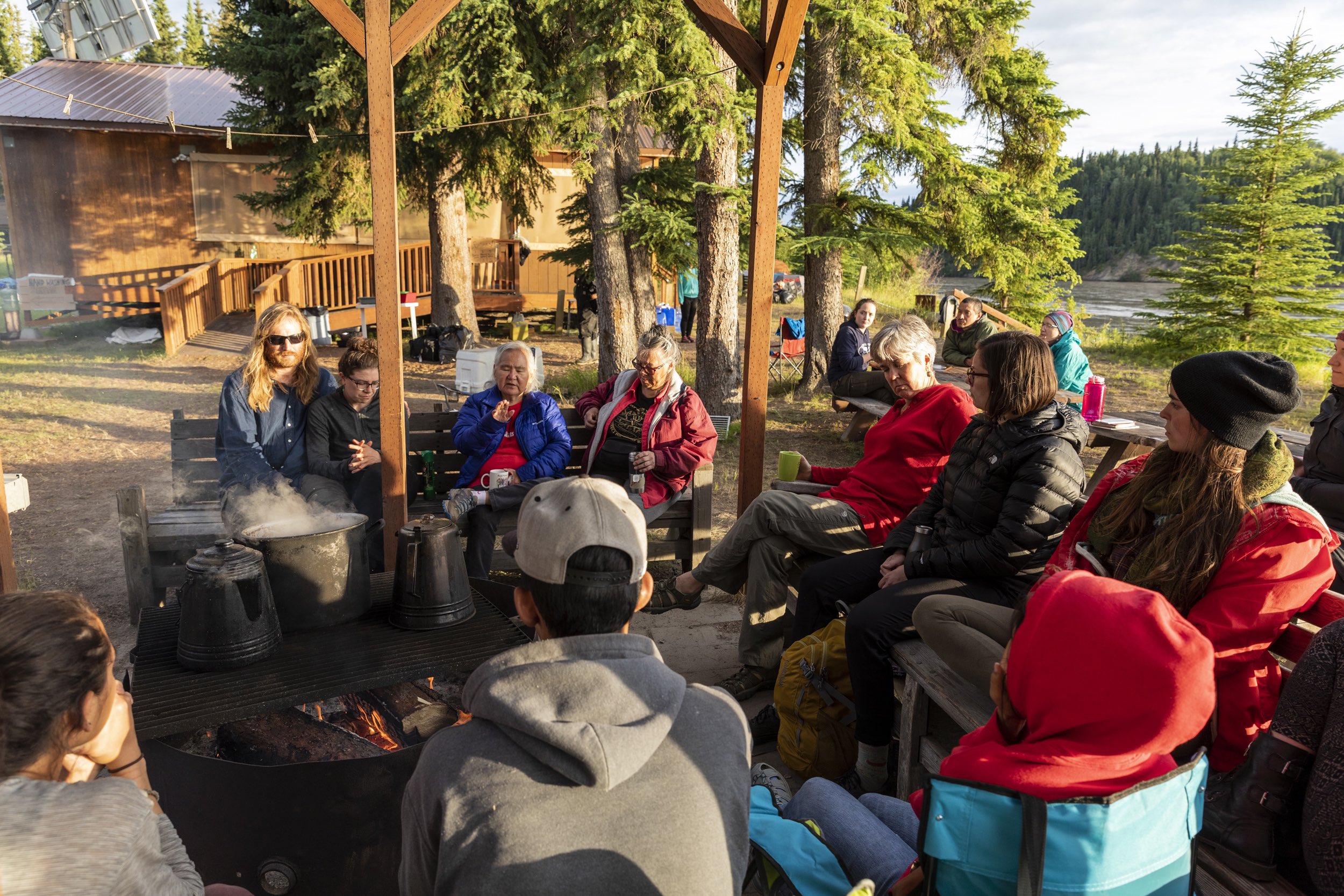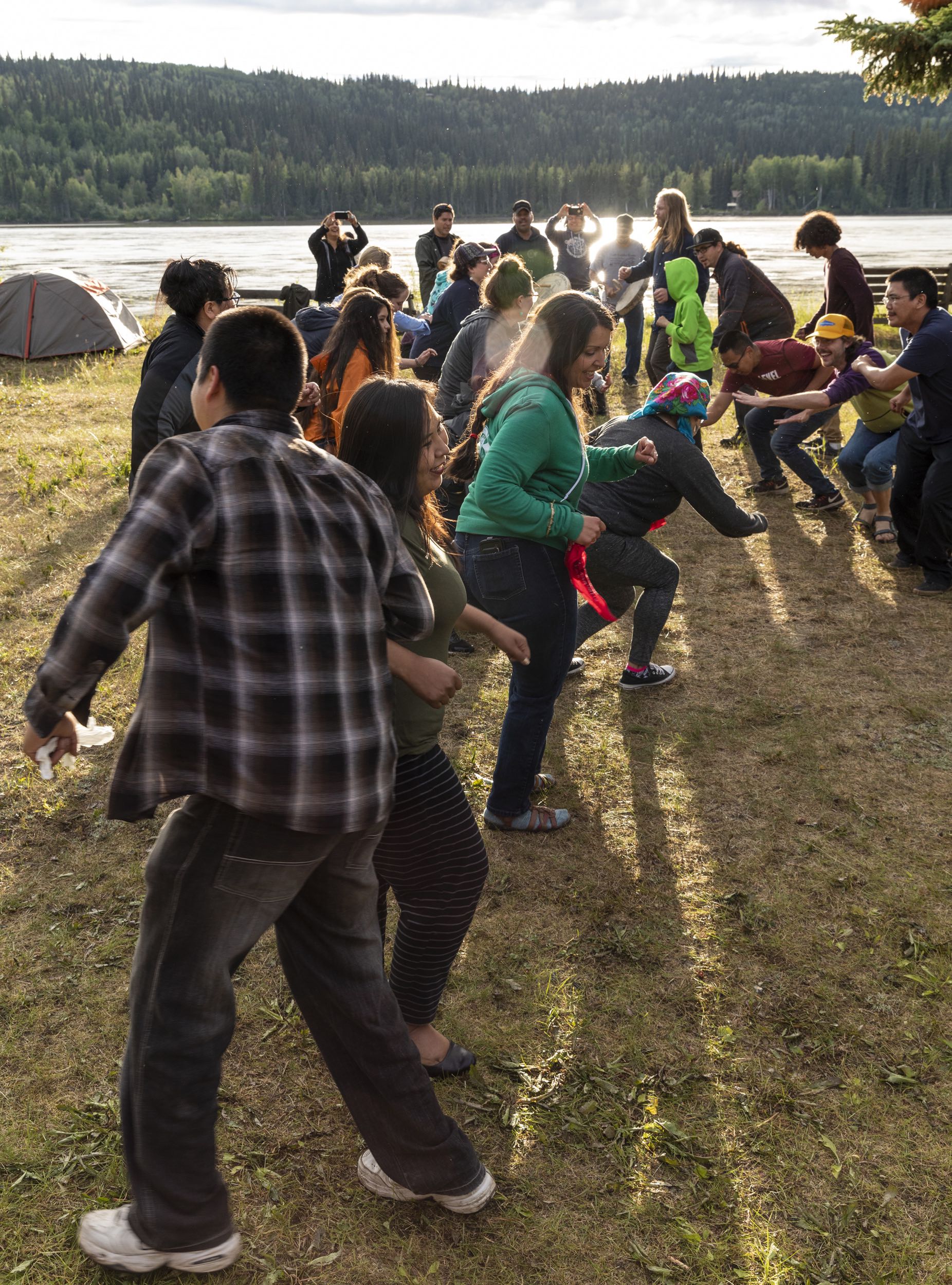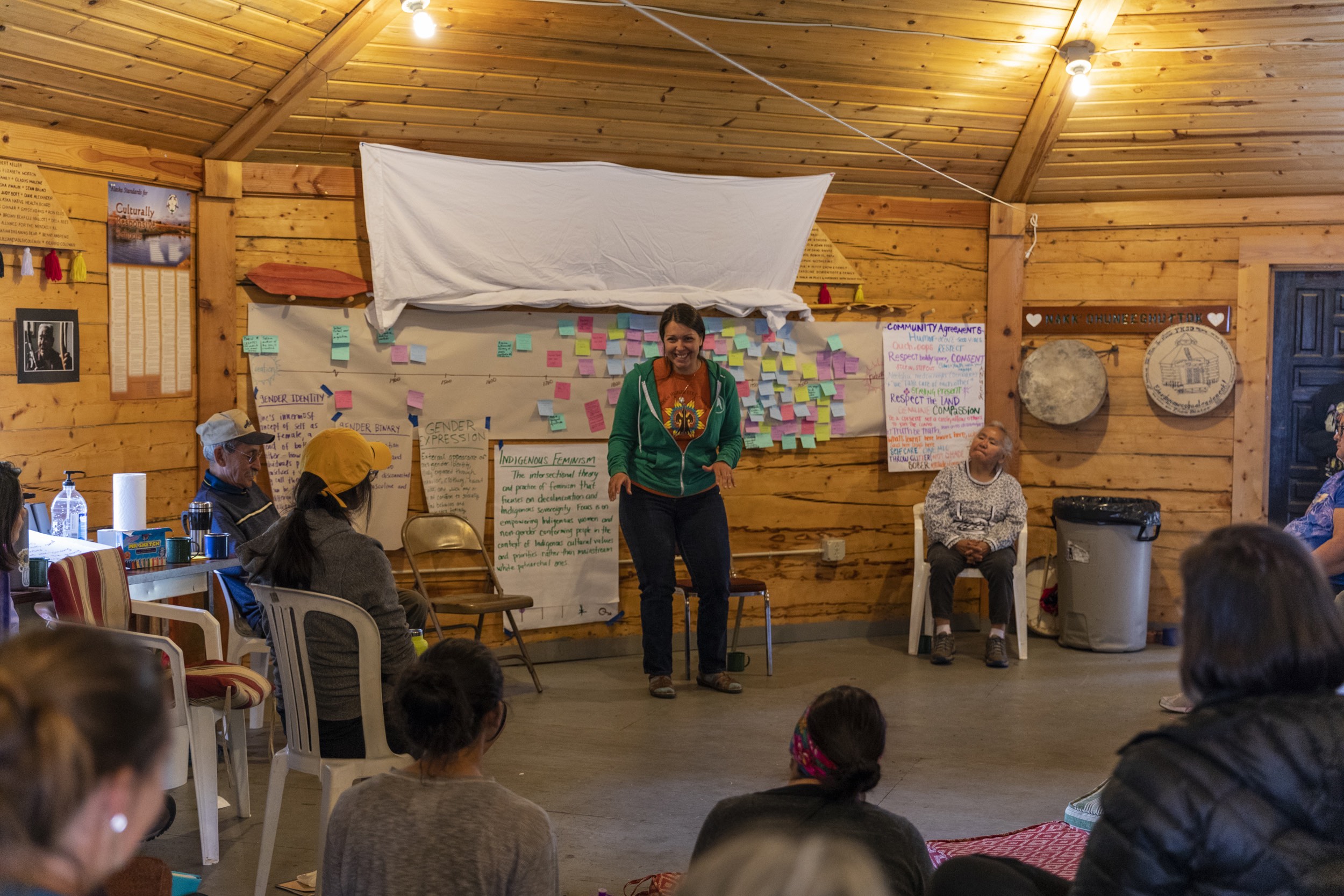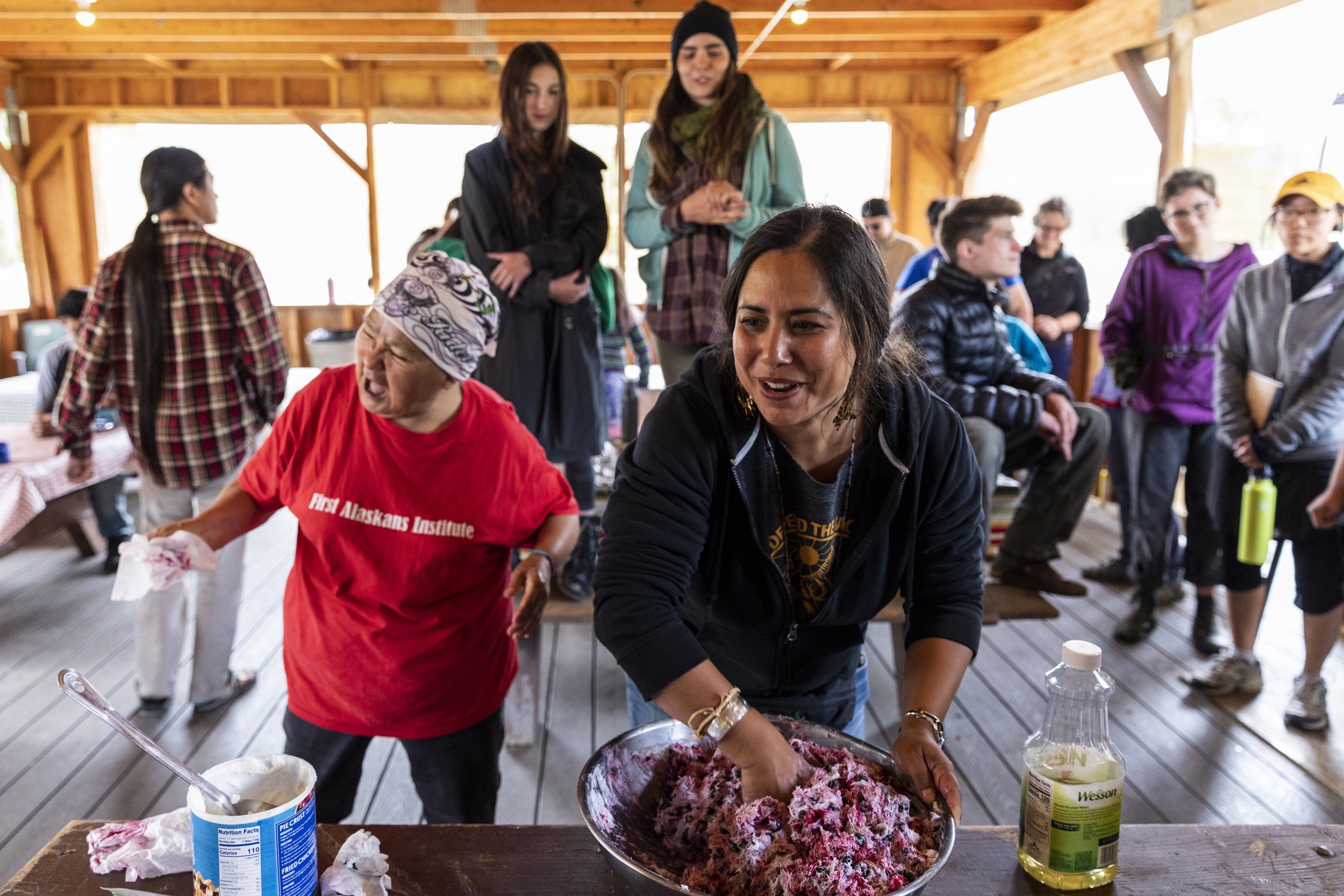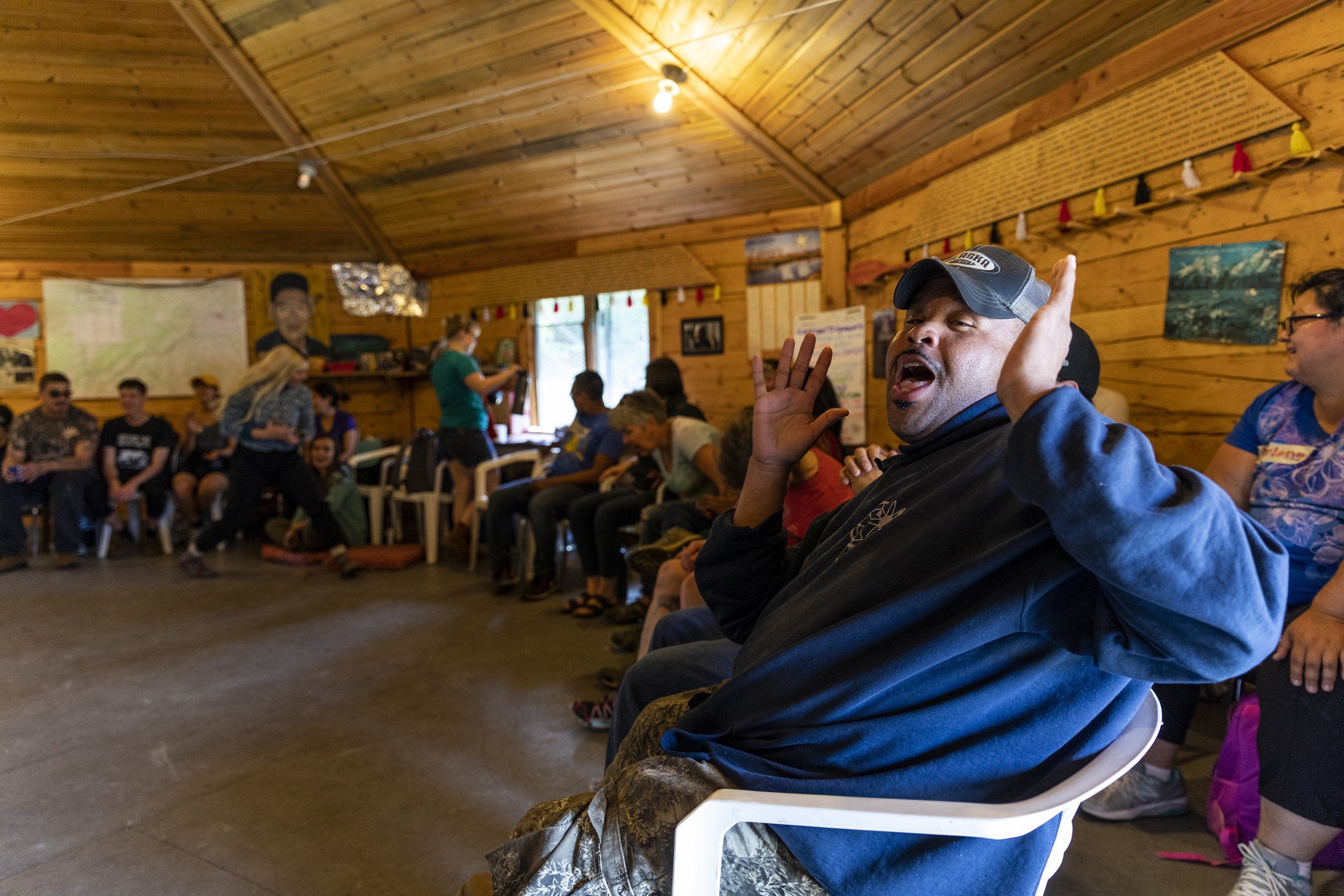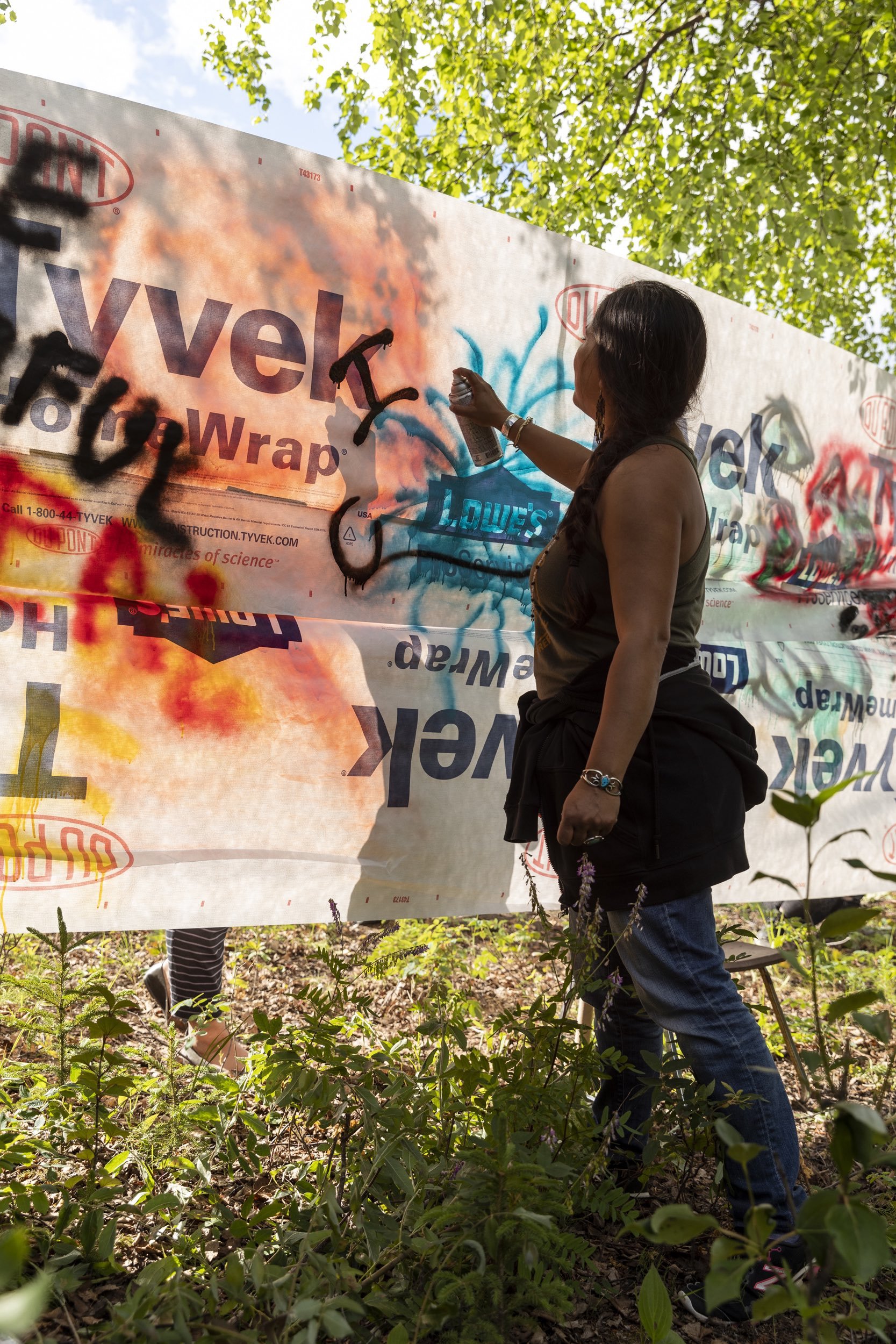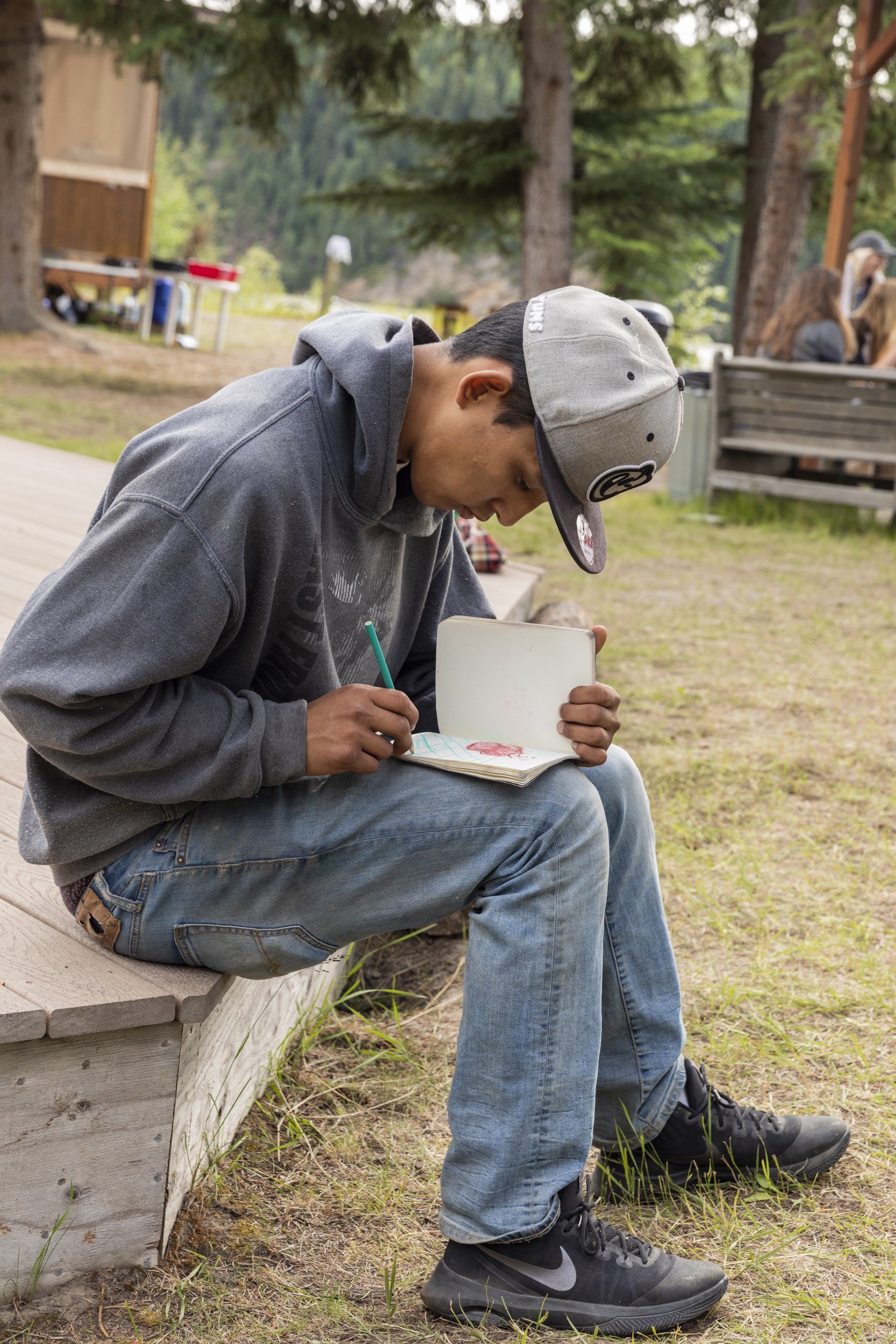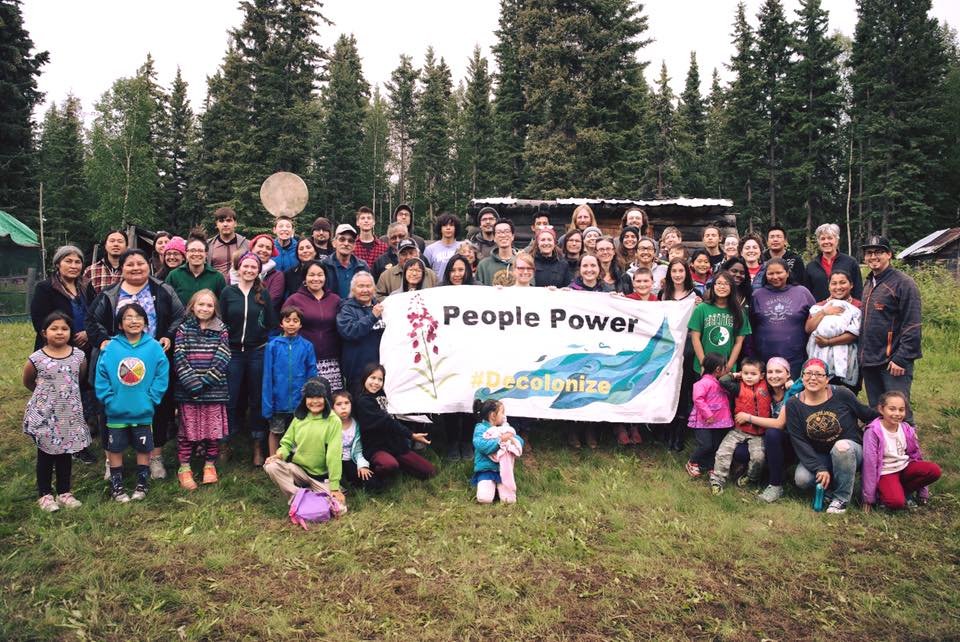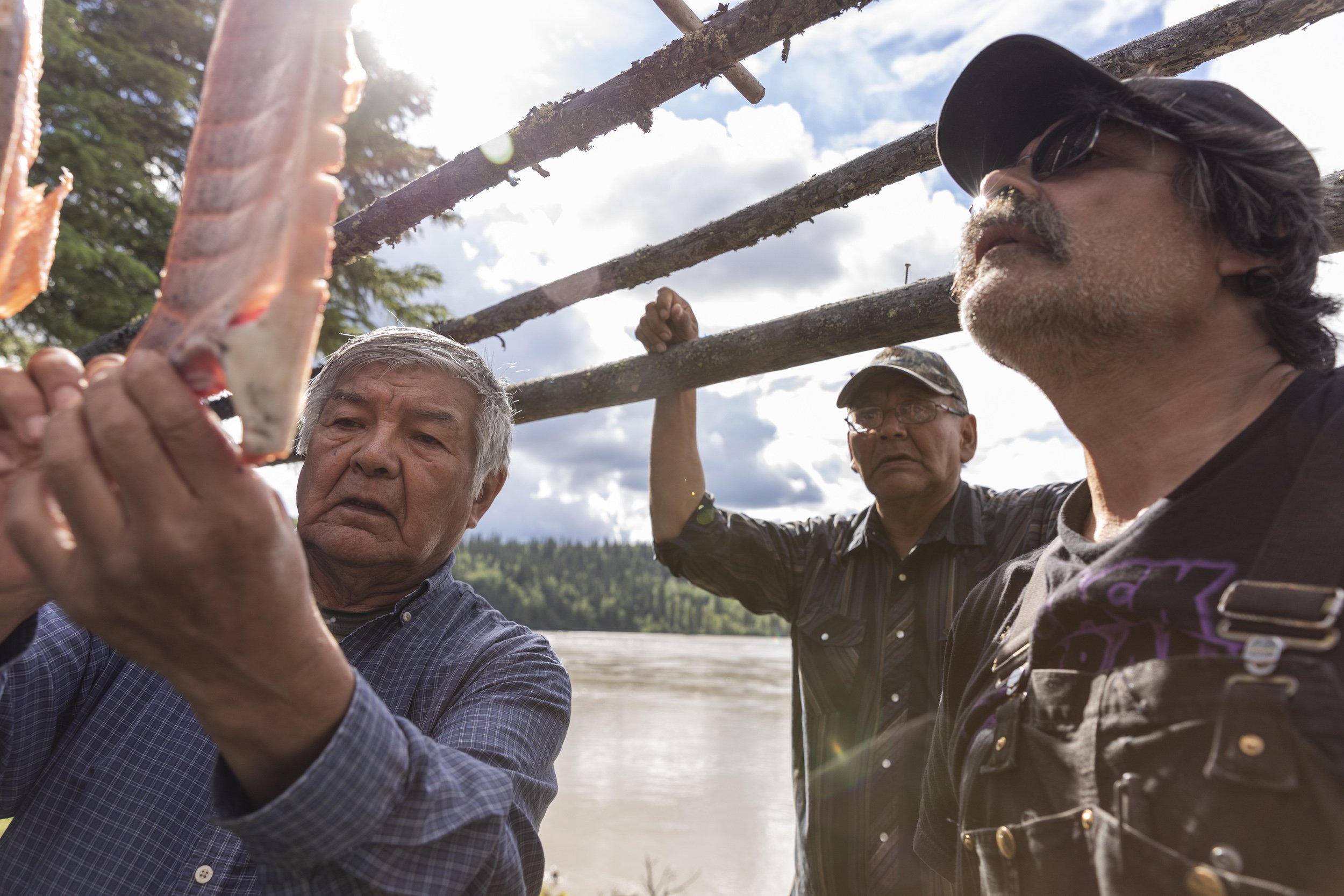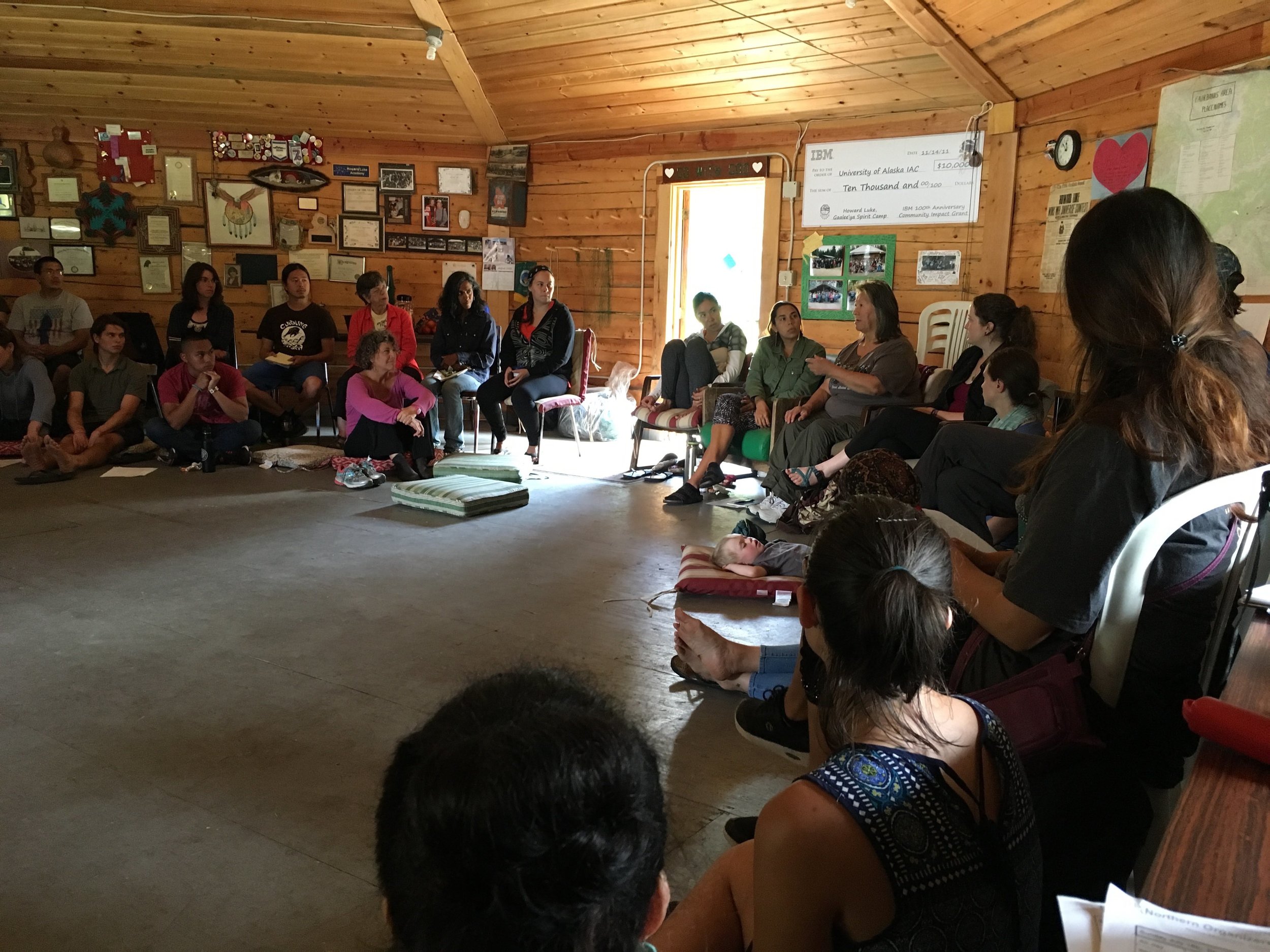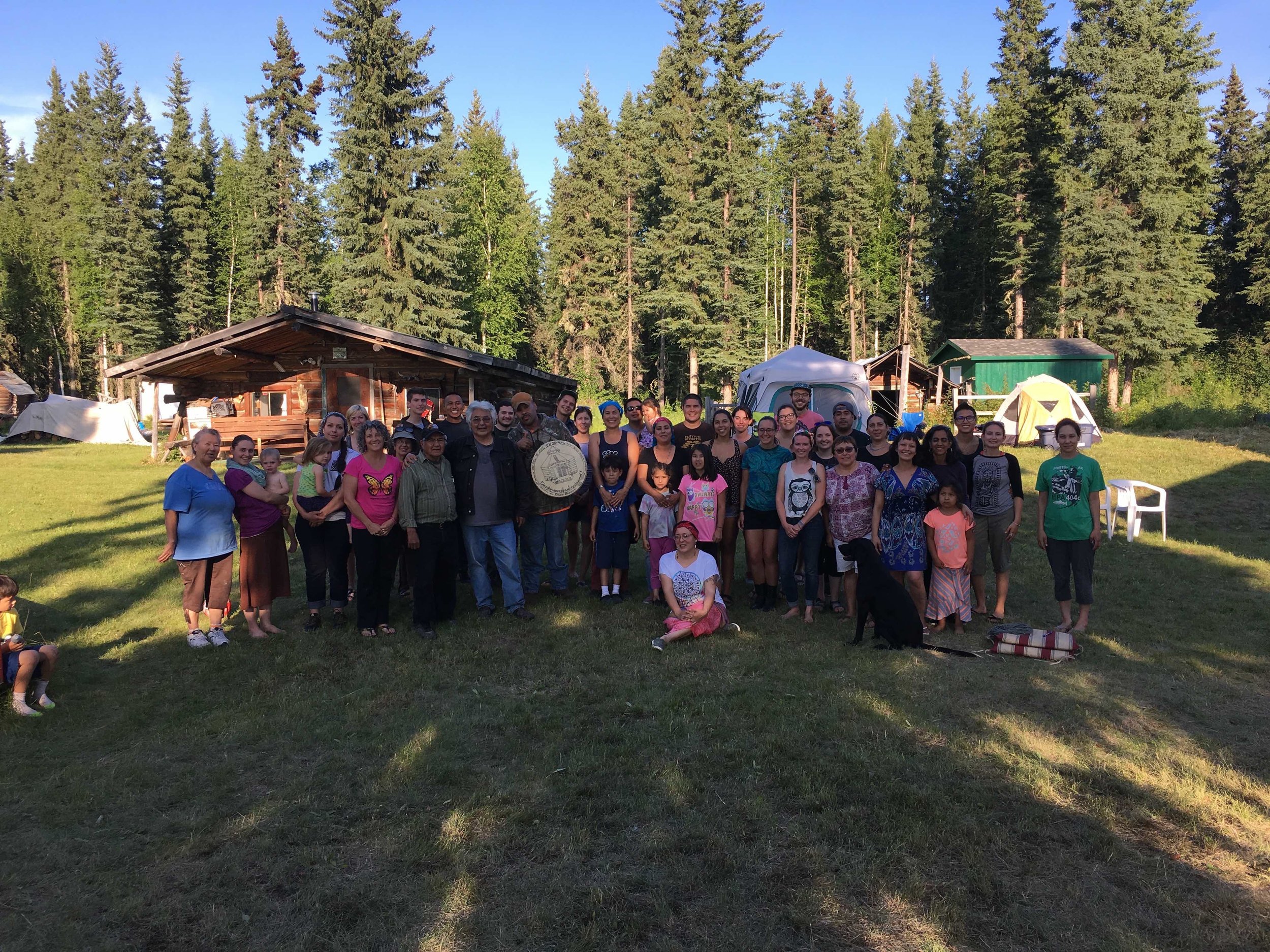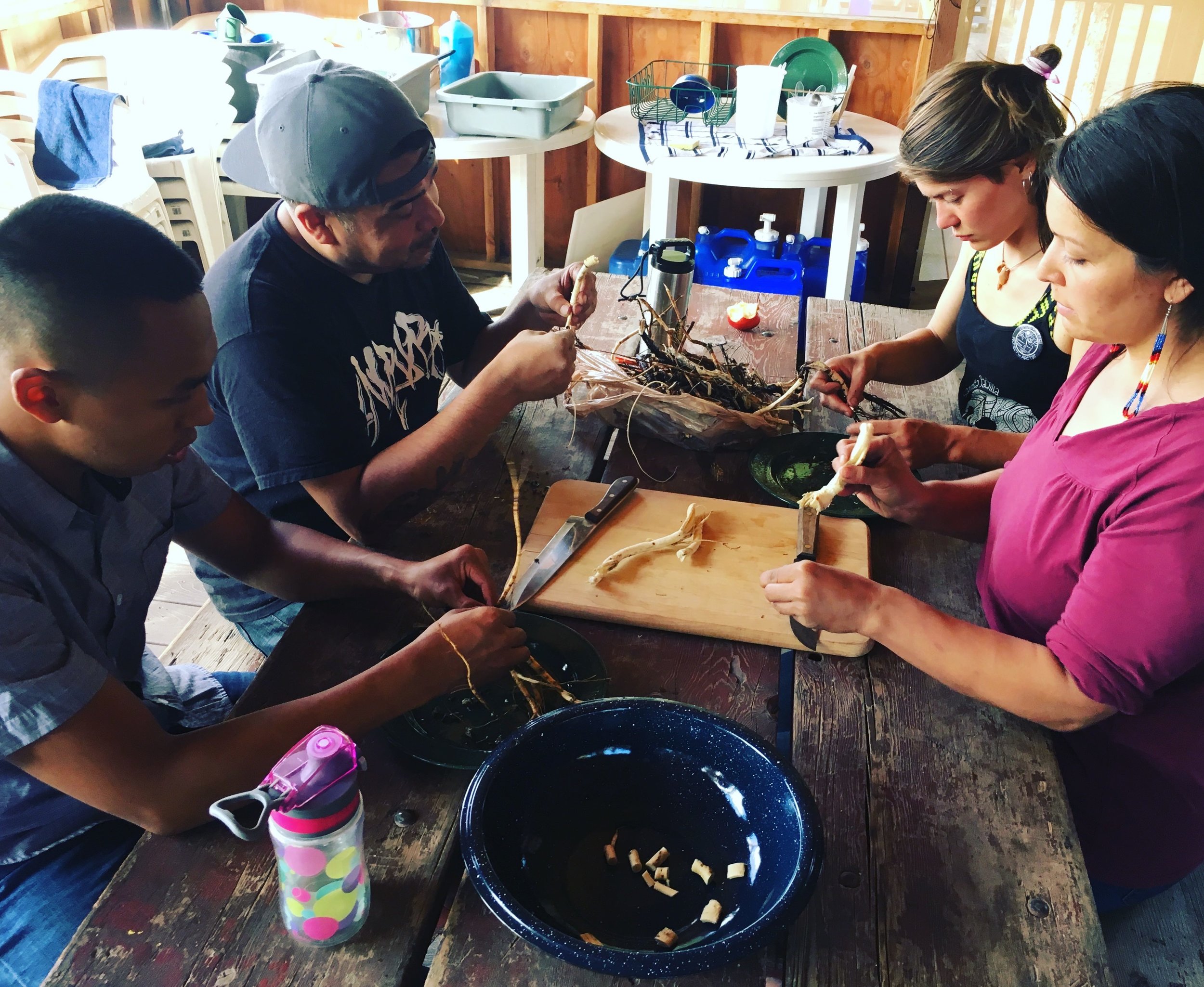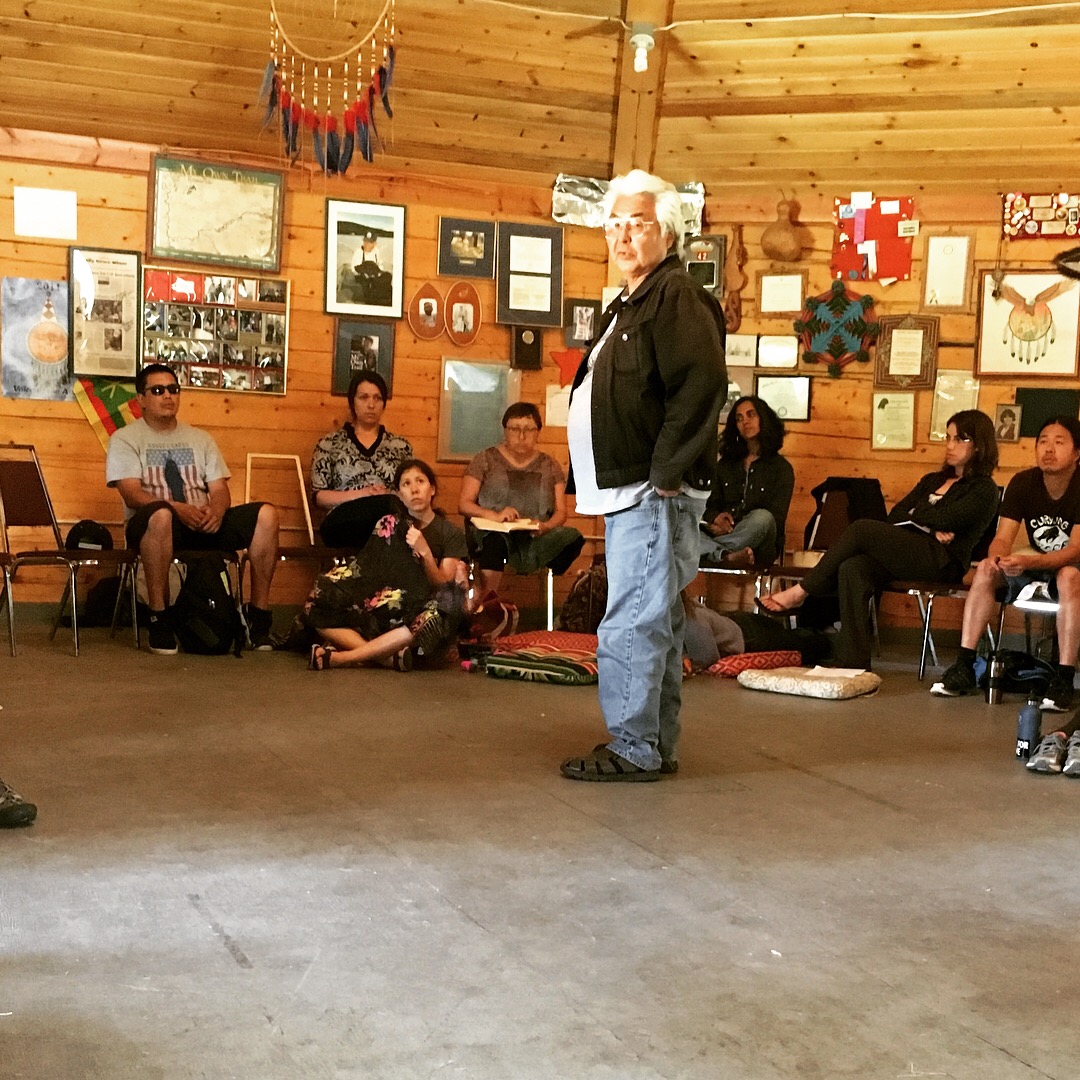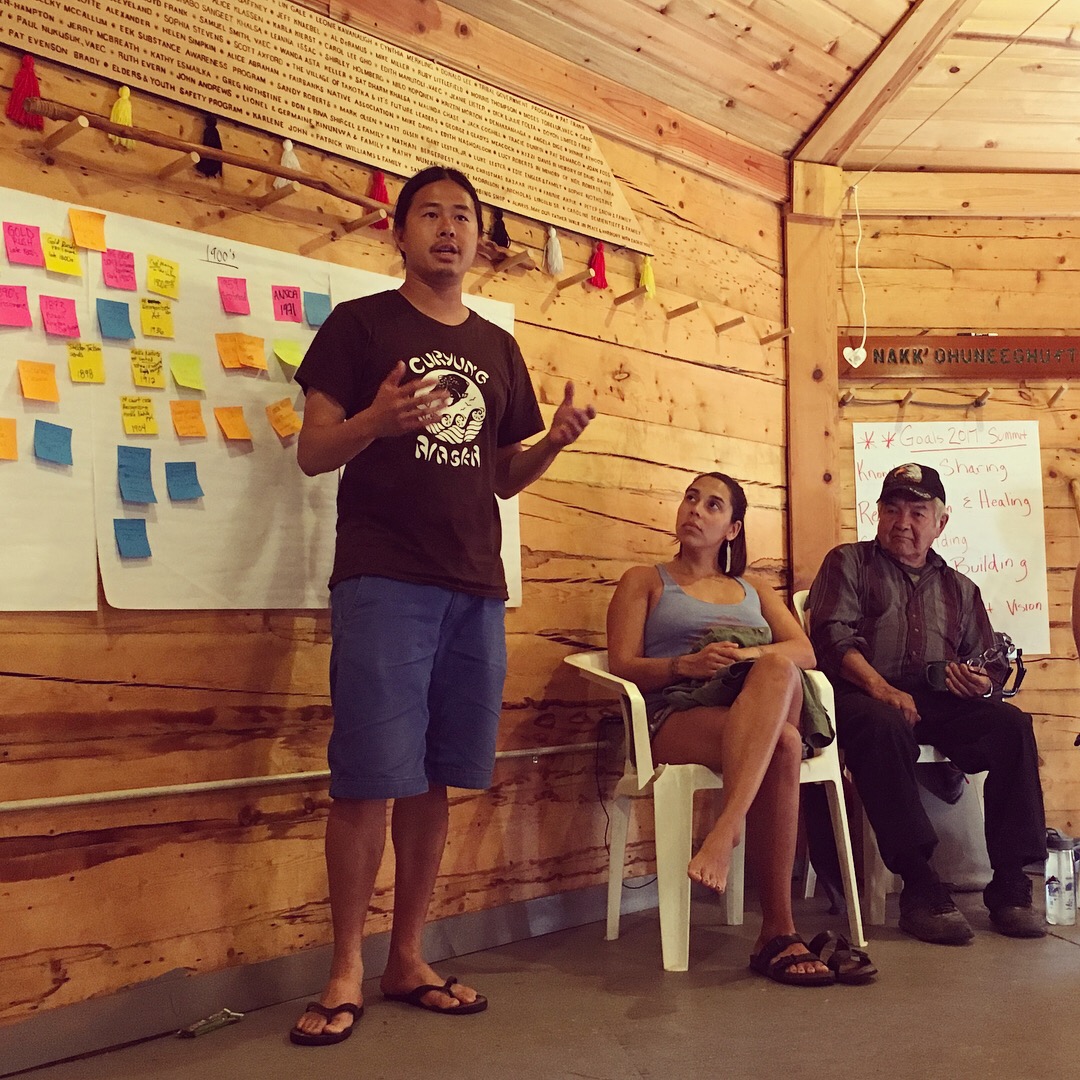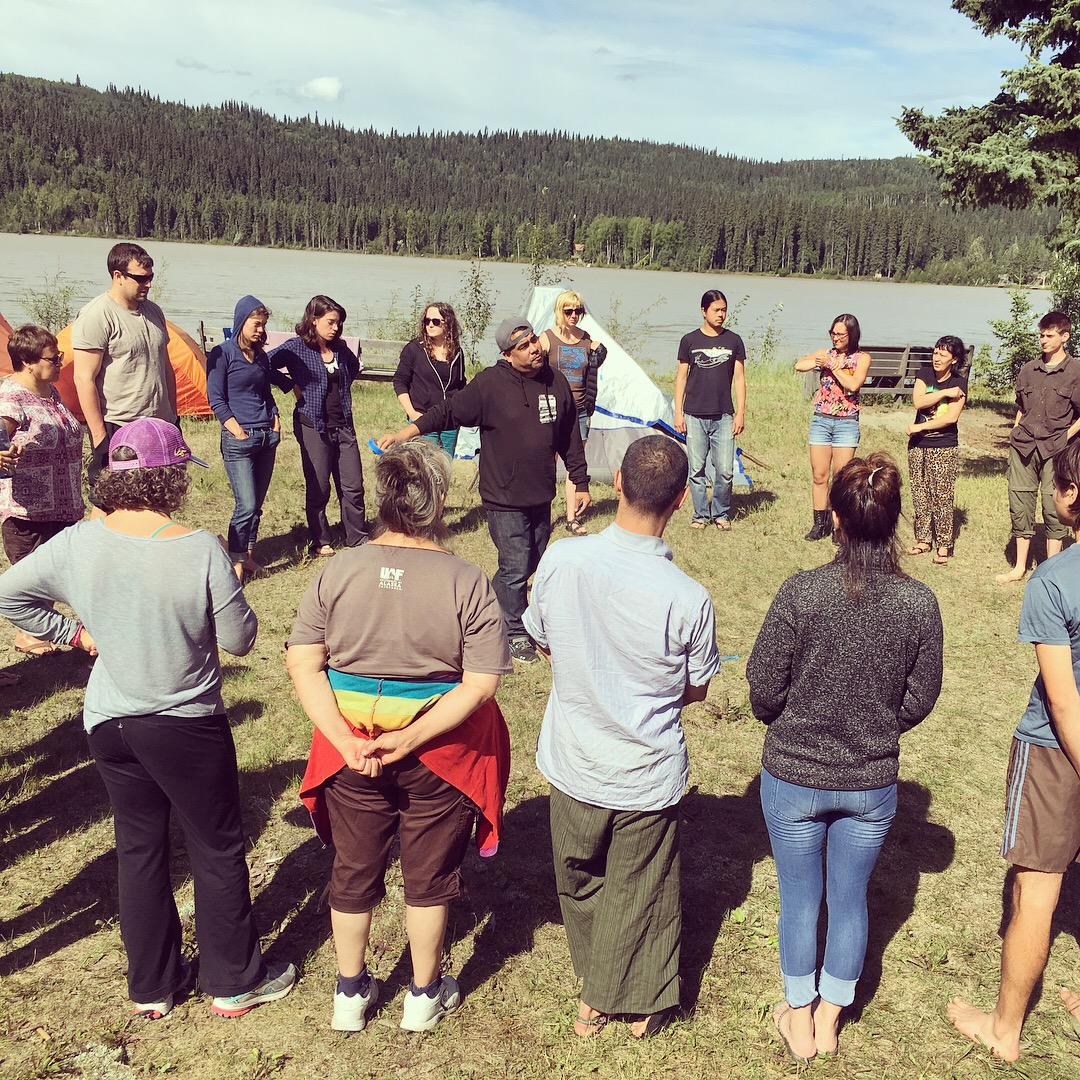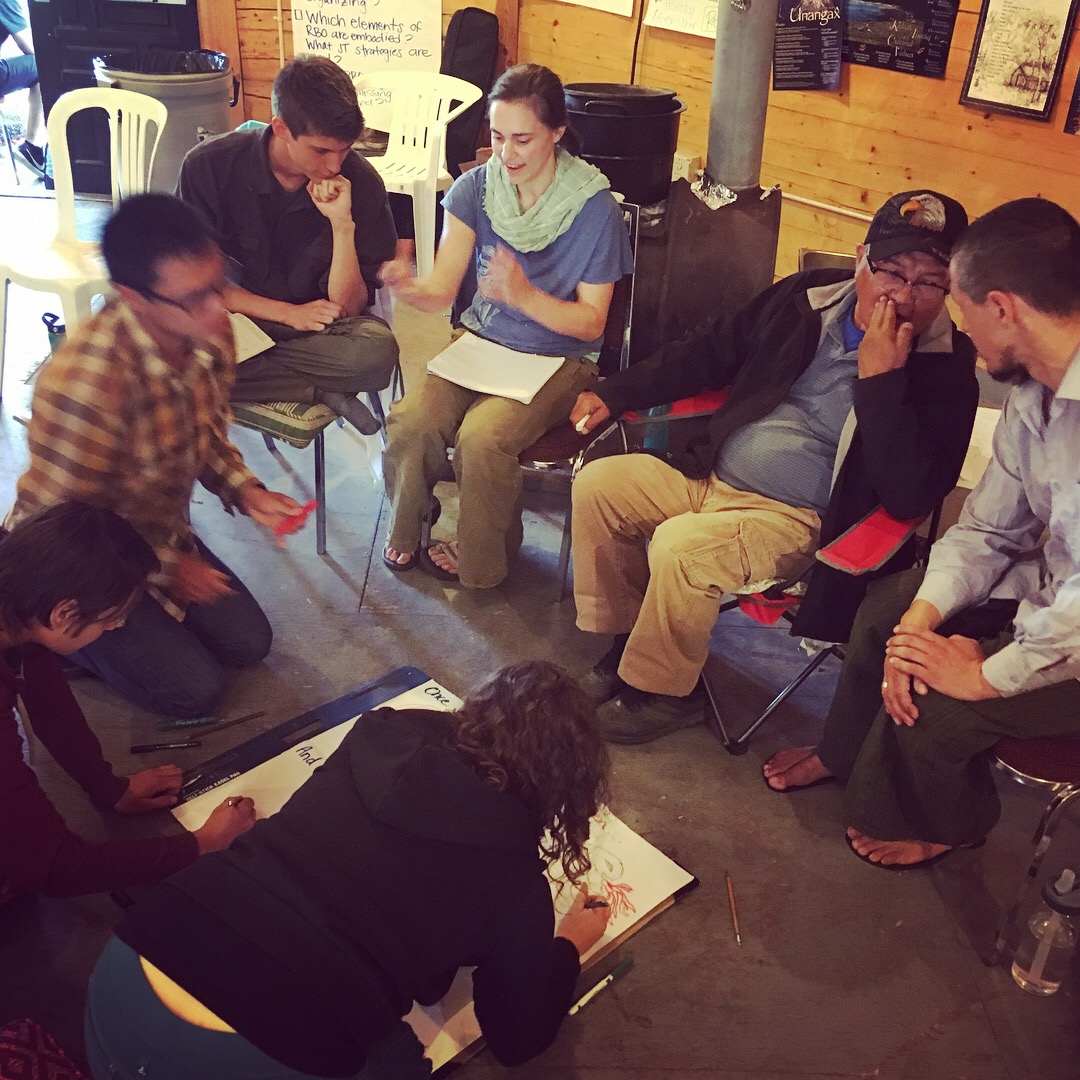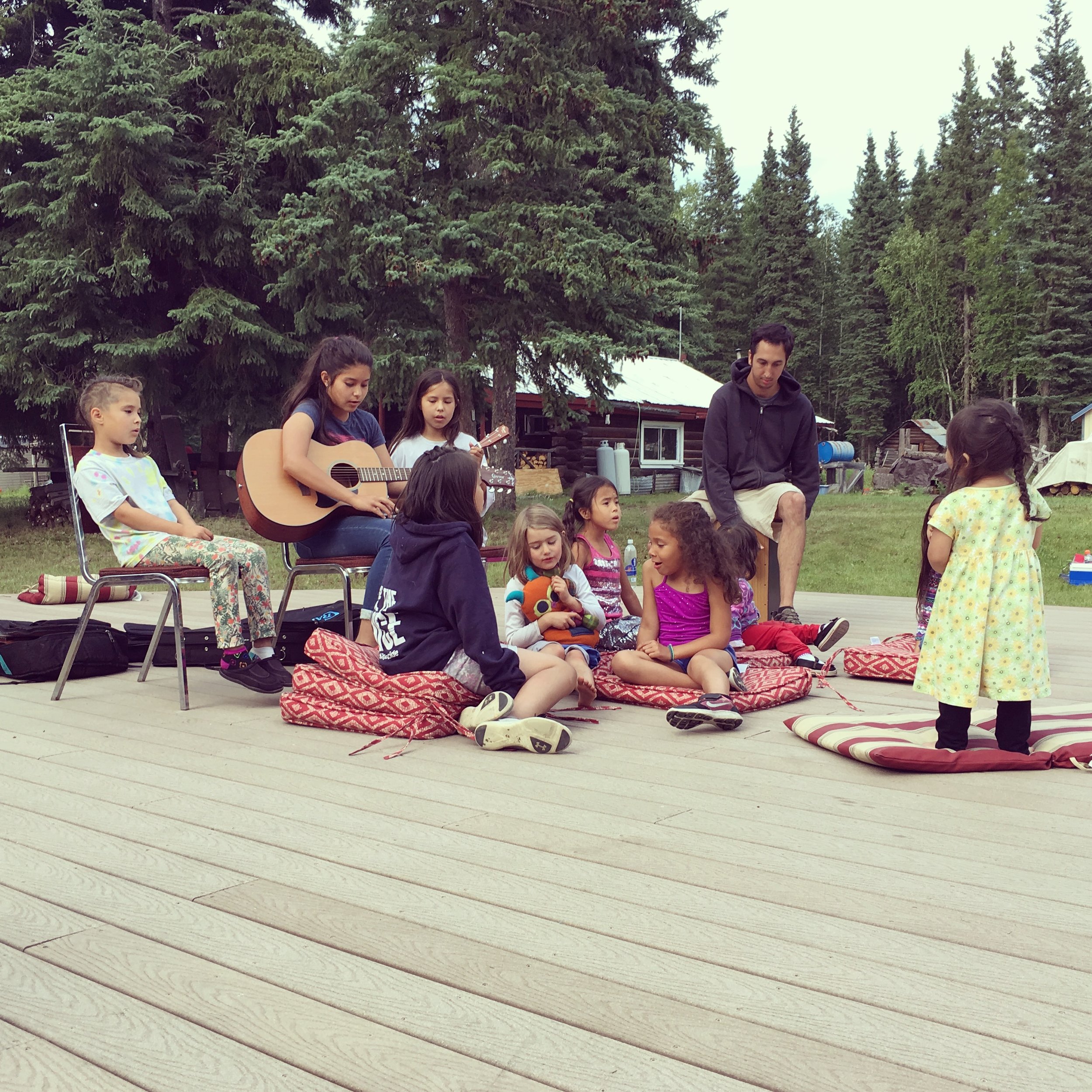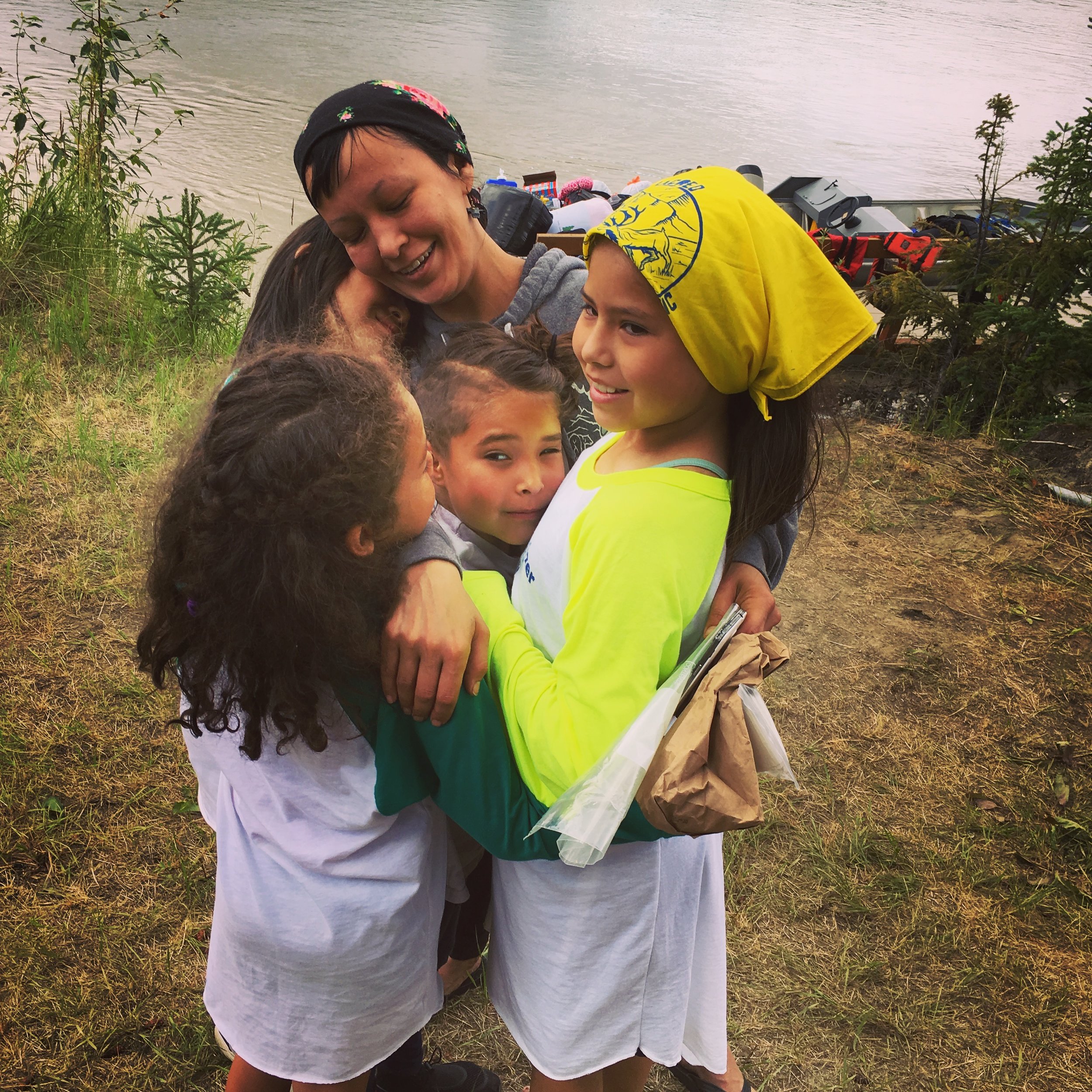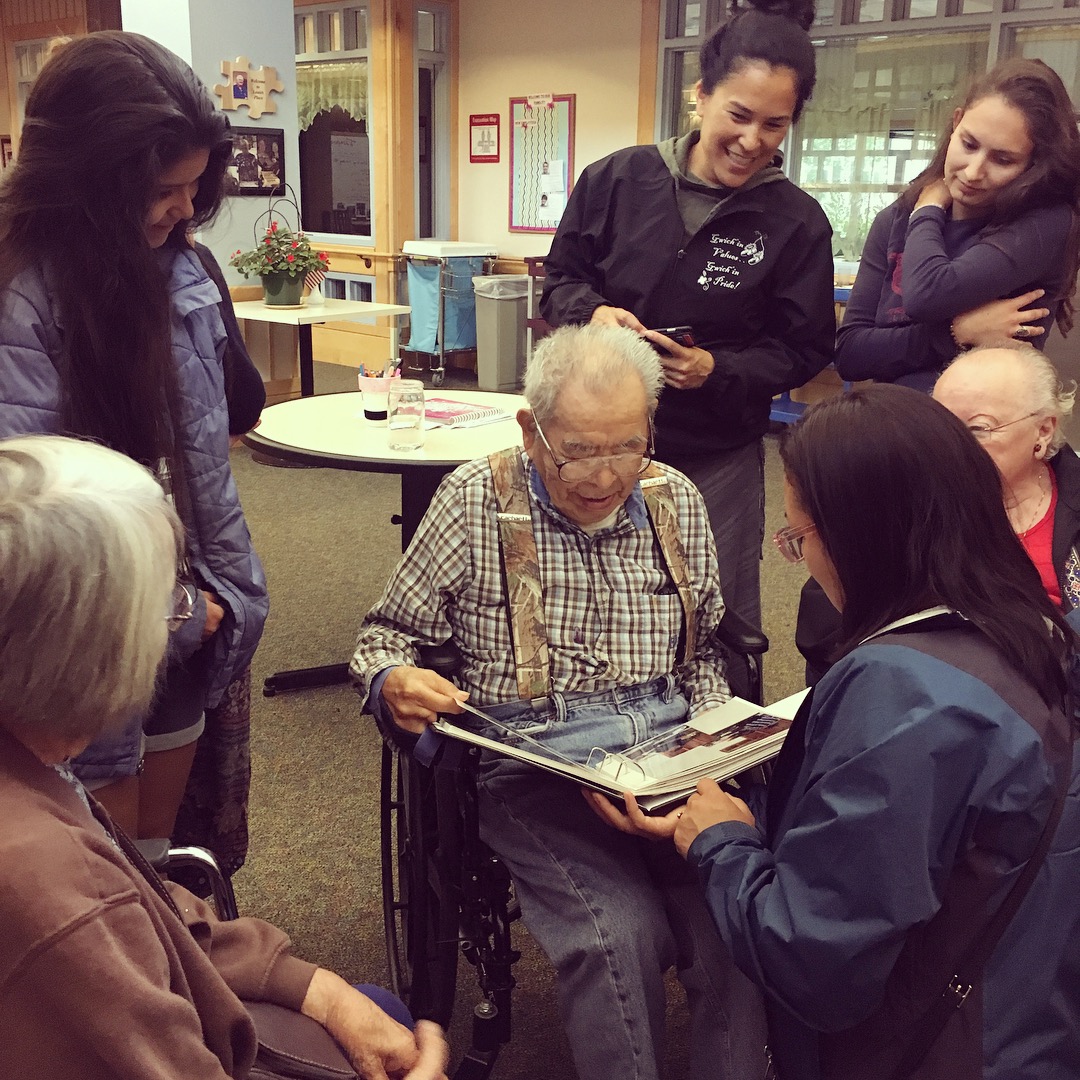
Native Movement believes that in order to make meaningful and lasting change it is critical to address root-causes and dismantle oppressive systemic power structures. Grassroots leadership rooted in responsibility to community and utilizing strategies grounded in an Indigenized worldview and decolonizing frameworks is a powerful path forward.
We believe in building equitable and respectful community organizing practices, getting to the root of the matter, uplifting intersectionality, and furthering a healing path. Understanding the impacts of the power and privilege structures of colonialism, racism, patriarchy, and capitalism is essential. Additionally, committing to healing practices both in our work and our lives is essential to the longevity and joy of the work before us.
Our trainings, workshops, and camps are not exclusive to Indigenous peoples; rather our leadership model is shaped from an Indigenous worldview, which emphasizes deep acknowledgment of place-based knowledge and the joy and responsibility of building community.
Requesting Support & Trainings
According to our organizing principles, we will only carry out trainings in communities outside of where we are based, if local community members invite us. We are committed to supporting community-organizing throughout Alaska and welcome your request for Native Movement support, workshops, and/or organizing trainings. We can not guarantee we will be able to accommodate all requests. Please reach out to our Community Education Director, Marilyn Denton, marilyn@nativemovement.org
Training Reviews
“As a nonprofit environmental law firm in Alaska, we work with many coalitions and represent diverse interests. Native Movement is a valued partner and the decolonization trainings they provide are essential. Our Board and staff have done at least one of the trainings and it is so helpful for unlearning dominant culture norms and becoming/being aware of unconscious bias. Learning and unlearning with Native Movement is always effective, but especially in our current political culture.”
- Vicki Clark, Executive Director, Trustees for Alaska"The decolonization training helped our group of Indigenous and non-Indigenous researchers and community leaders get centered in the history of colonial relations and decolonial efforts in Alaska. It also helped us experience in a personal way what the impact of colonial processes was on tribes. Several members of our group incorporated aspects of the training into their work with Indigenous youth. I would recommend this training to anyone who is interested in partnering with Indigenous communities and organizations so that they can have a shared understanding of history and its affects on current day relationships." - Noor Johnson, Research Scientist, National Snow and Ice Data Center, University of Colorado Boulder
“Native Movement's decolonization workshop had a profound impact on the way I understand the shape of white supremacy and the conservation movement. It offered a powerful way forward toward building up communities and supporting each other on our path of healing and justice. Everyone needs to go…twice!” -Veri di Suvero, Anchorage community organizer
Brief Summaries of Trainings and Workshops
Listed below are brief descriptions of a few trainings we have hosted recently. All our trainings utilize a range of possible activities and discussions designed for participants from a diversity of ages and backgrounds.
Untangling Colonialism – Building a Decolonizing Framework. A decolonizing practice requires recognition of the history of colonization and its current manifestations. This training briefly covers United States Federal Indian Policy carried out dominantly in the lower 48 and its expansion into Alaska policy and the implications on Alaska Native peoples. Additionally, participants will discuss how the history of environmental conservation has mirrored colonial world-views and what possible strategies we can further in order to decolonize conservation. This training delves into the spectrum of decolonizing strategies; from various personal, institutional, and systemic pathways forward.
Just Transition Framework – Shifting to Regenerative Economies. Just Transition builds a common language across various sectors of work (environmental, labor, conservation, academia, etc.) from which we can endeavor to build greater collective power. This training builds collective understandings of root causes of communal ills and a regenerative vision of the future while outlining a path of transition forward.
Building People Powered Campaigns for Justice: This training goes through some of the basics of community organizing and how to build collective strategies that analyze community problems to find tangible solutions. This training can include vision and mission building, campaign planning, power mapping, SMARTI, base building, media tools, public speaking, and facilitation skill building.
Justice — Dismantling Oppressive Power & Privilege. Understanding unseen privileges and how that relates to power dynamics is critical to untangling and dismantling harmful systems of oppression. How is environmental justice different from environmentalism? How are Indigenous Peoples rights related to social justice? How does grassroots feminism relate to our work? What does building equity and alignment among allies look like and how can we more meaningfully build solidarity movements?
Dismantling White Supremacy
This workshop aims to identify white supremacy culture at the systemic, interpersonal, and very personal levels. We will examine white supremacy as a concept that creates visible and also subconscious internalized racial bias even for the most well-meaning folks. Understanding our individual participation in white supremely culture will help us draw connections to overlapping ideologies that influences our behavior and outlook of the world around us. We will explore methods of interrupting racism and ways in which you can begin to dismantle white supremacy culture in your own daily practice.
Building Meaningful Partnerships and Solidarity. What does “intersectionality” mean and what does it look like? How can we build coalitions and partnerships that go beyond the transactional? How can we work with allies in a clear and trusting way in order to further our collective vision? This training goes through a number of tools for building trust, understanding our roles, and determining our place in the spectrum of work that needs to be done.
Art for Action Skill Build. This is a workshop that supports various art builds and techniques for “front-loading” art into campaign messaging. This can take shape in various mediums from film to theater to visual arts. Concise messaging along with group collaboration tools are key to Art for Action. Depending on the time frame for this workshop we can get into some hands-on skill building time, everything from Do It Yourself Banner Making skills to spray paint techniques.
Direct Action — Building Boldness. In carrying out successful campaigns direct action is a useful tactic to be skilled in. There are many forms direct action from protests or rallies to sit-ins and lock downs. This training give some tools for finding collective agreement on what types of direct action tactics are strategic. This training includes how to organize and implement various types of actions, how to de-escalate situations, how to build strategic escalation plans, and many other important things to think about when utilizing direct action tactics.
Annual Northern Organizer Summits
At the Howard Luke Gaalee’ya Spirit Camp on the banks of the Tanana River outside of Fairbanks, AK.
2019: Gender Justice, Healing, & Action
The camp focused on Gender Justice, Healing, and Direct Action. Intended for active and engaged Alaskan community members who have some understanding of or experience in Decolonizing and Just Transition frameworks. Community organizers, activists, artists, and allies participated in the 2019 Northern Organizers Summit. We believe it is essential for community organizers and leaders to build respectful and equitable community organizing practices, root-cause analysis, intersectionality, and self-transformation.
2018: ART IN ACTION CAMP
2018’s camp focused on Art in Action! Art can be both a reflection of the world surrounding and a critical tool for re-shaping worldview. As we work to build a better world, we must dig our hands and our hearts into the essential creation of art — Art that Reflects and Art that Reshapes! 40 Alaska community organizers, their children, and an amazing support team spent four days together at the beautiful Howard Luke Gaalee’ya center on the banks of the Tanana River outside of Fairbanks, AK. The camp is designed to be a healing space, grounded in Decolonizing & Just Transition frameworks. Additionally, participants choose from one of three art tracks: Visual Arts, Theater Arts, & Digital Arts.
Thanks to photographer Keri Oberly for many of these photos!
2017: 1st annual Northern Organizers Summit
This camp was carried out in partnership with the Gwichin Steering Committee and the Fairbanks Climate Action Coalition, with training support from Movement Generation and IP3.

